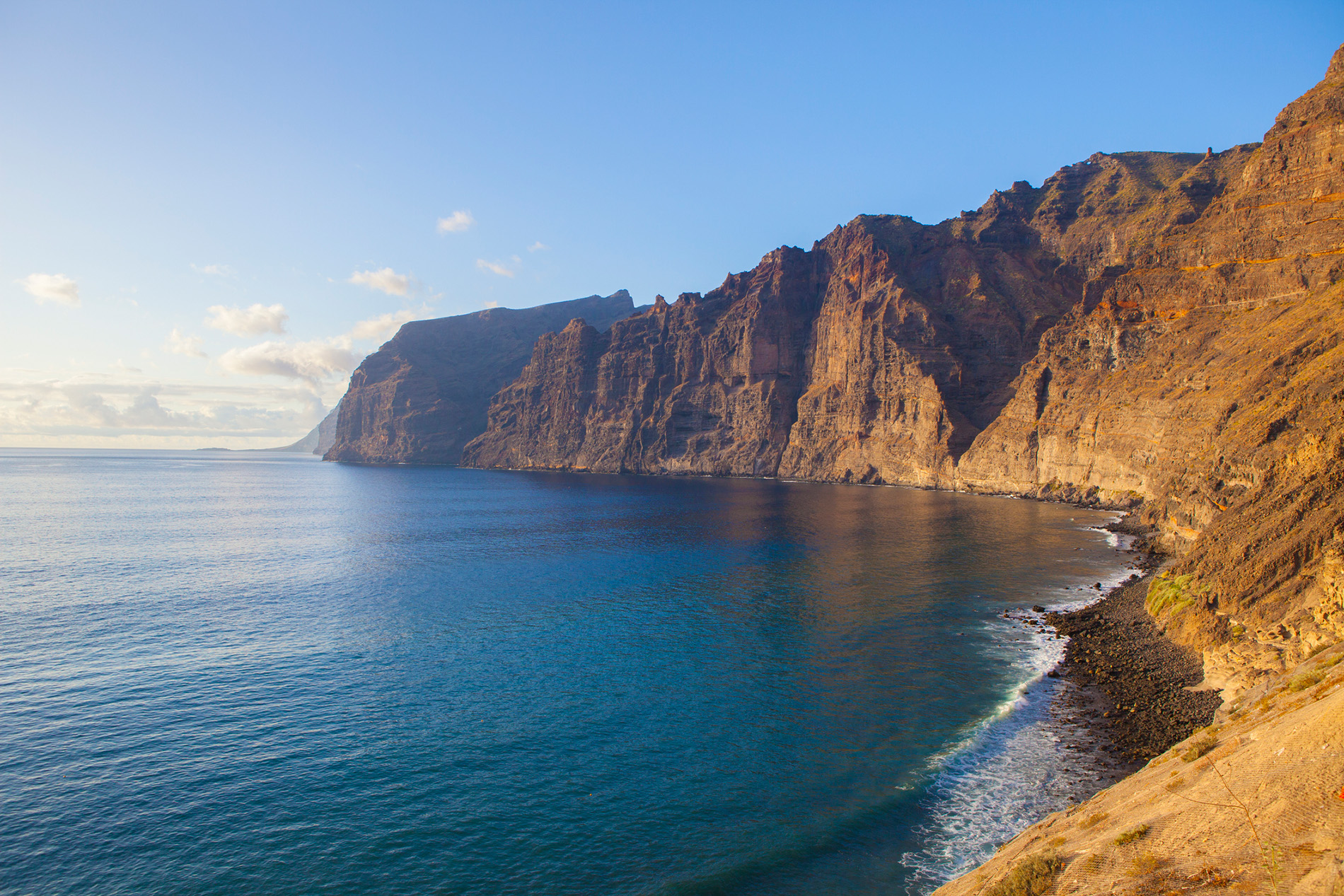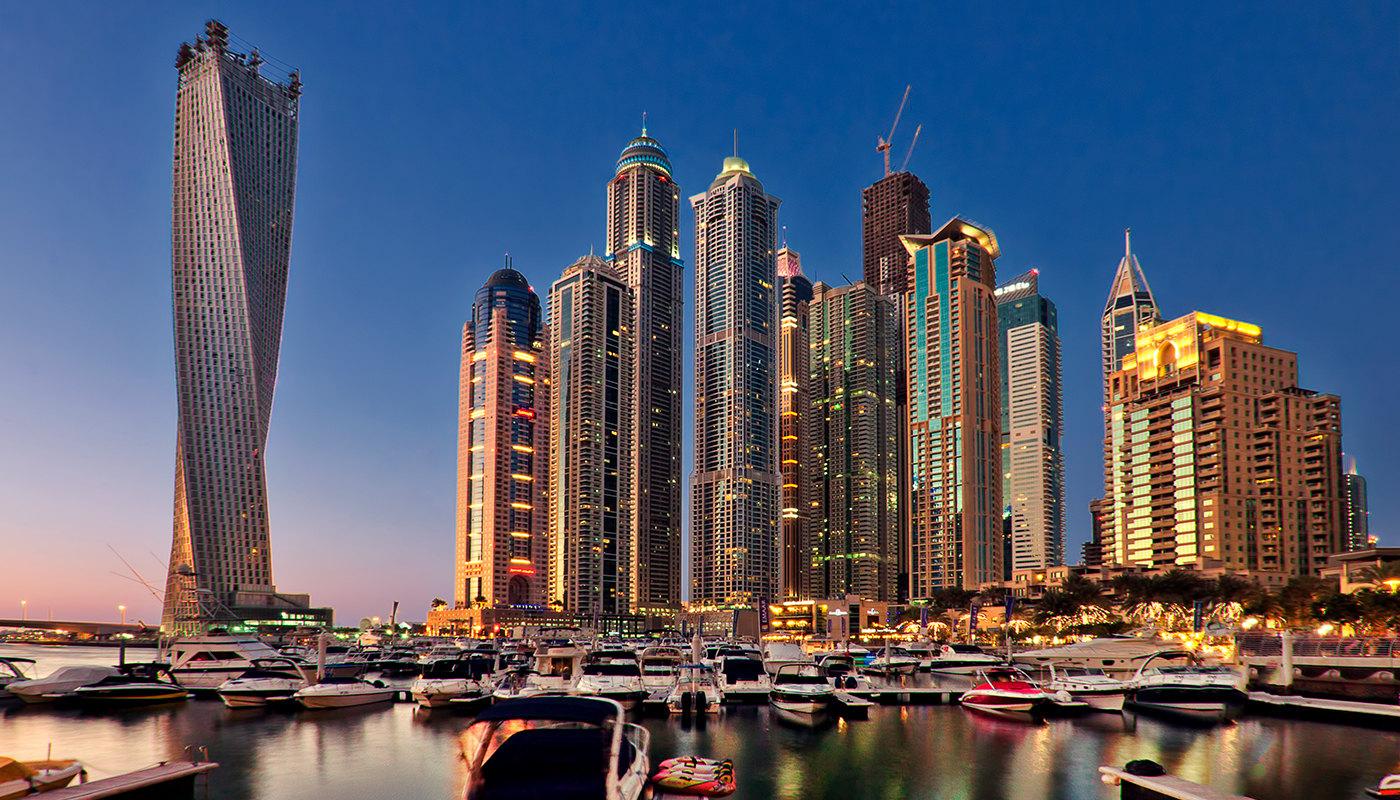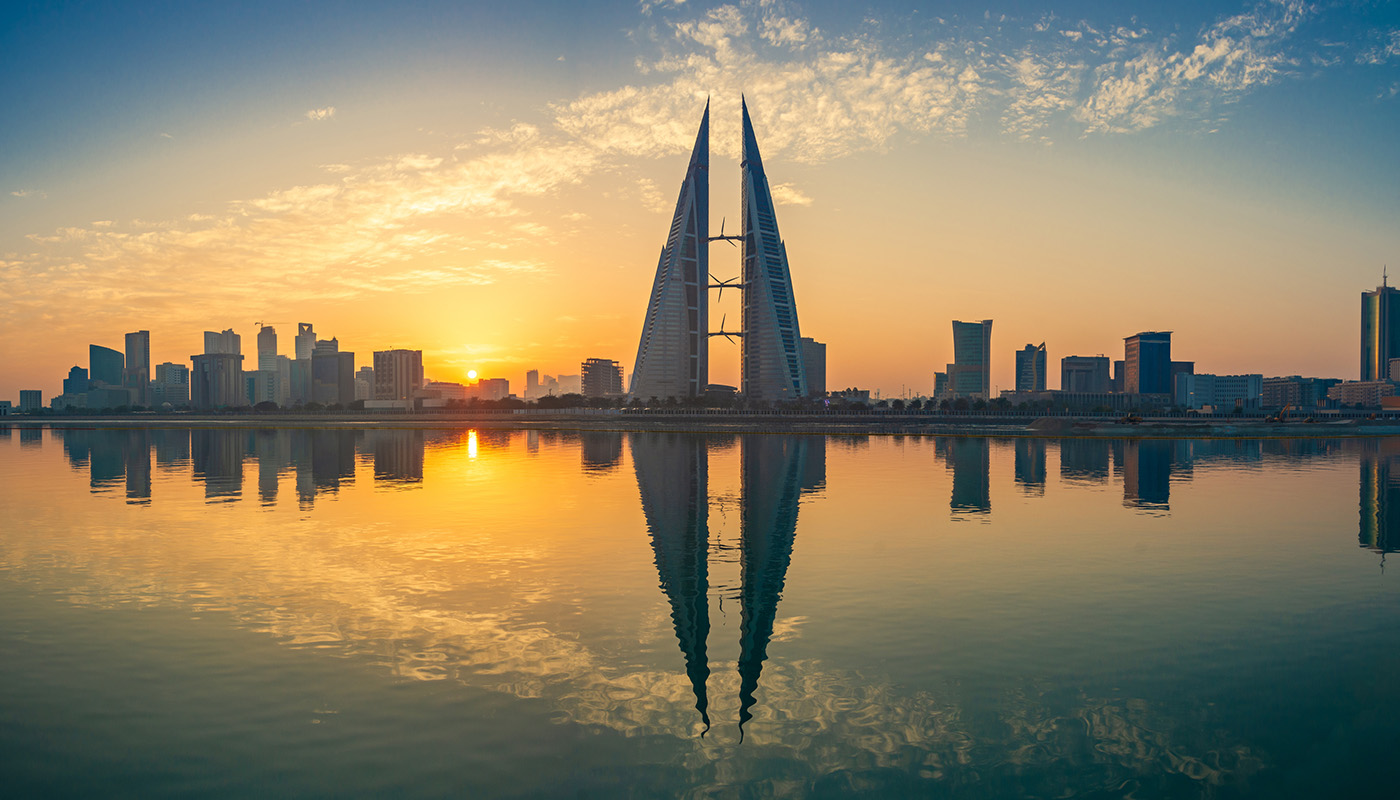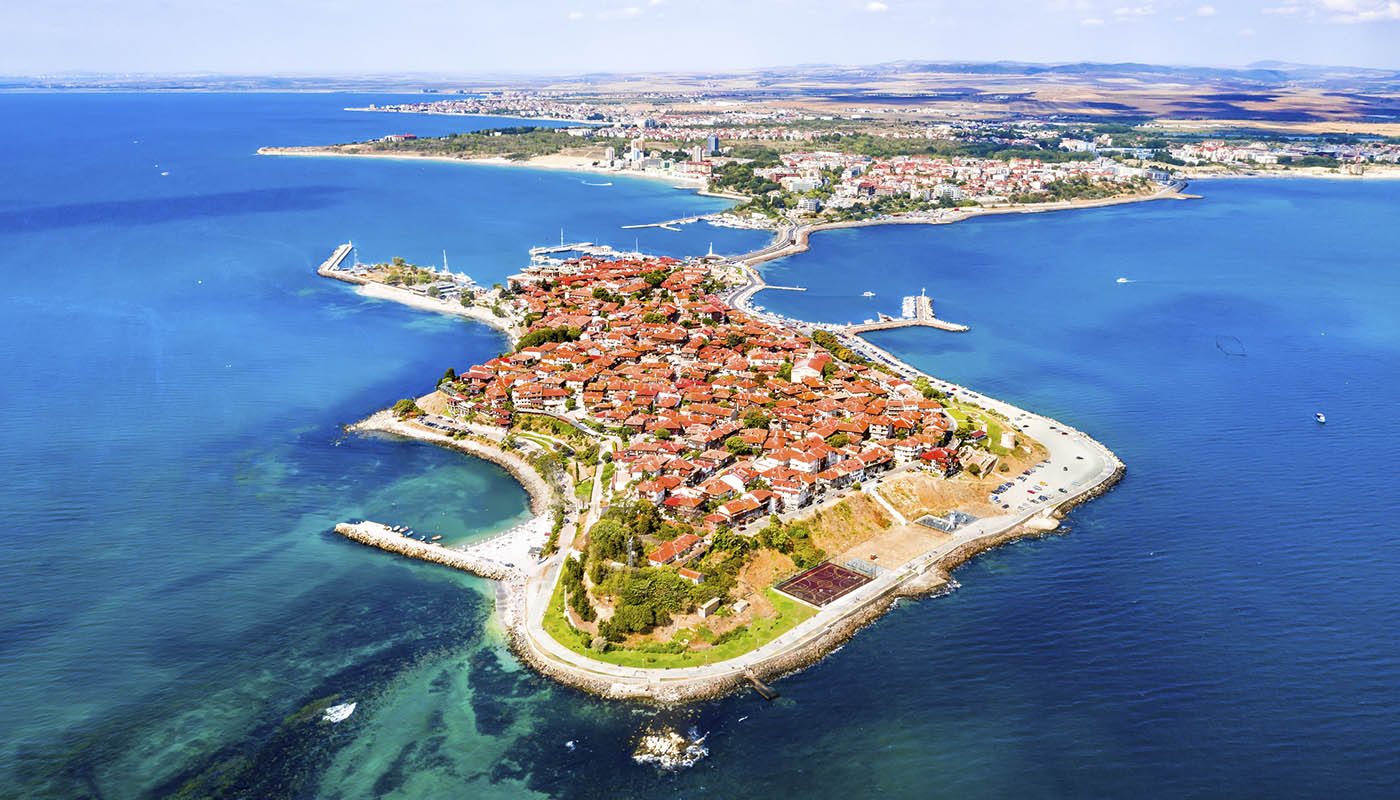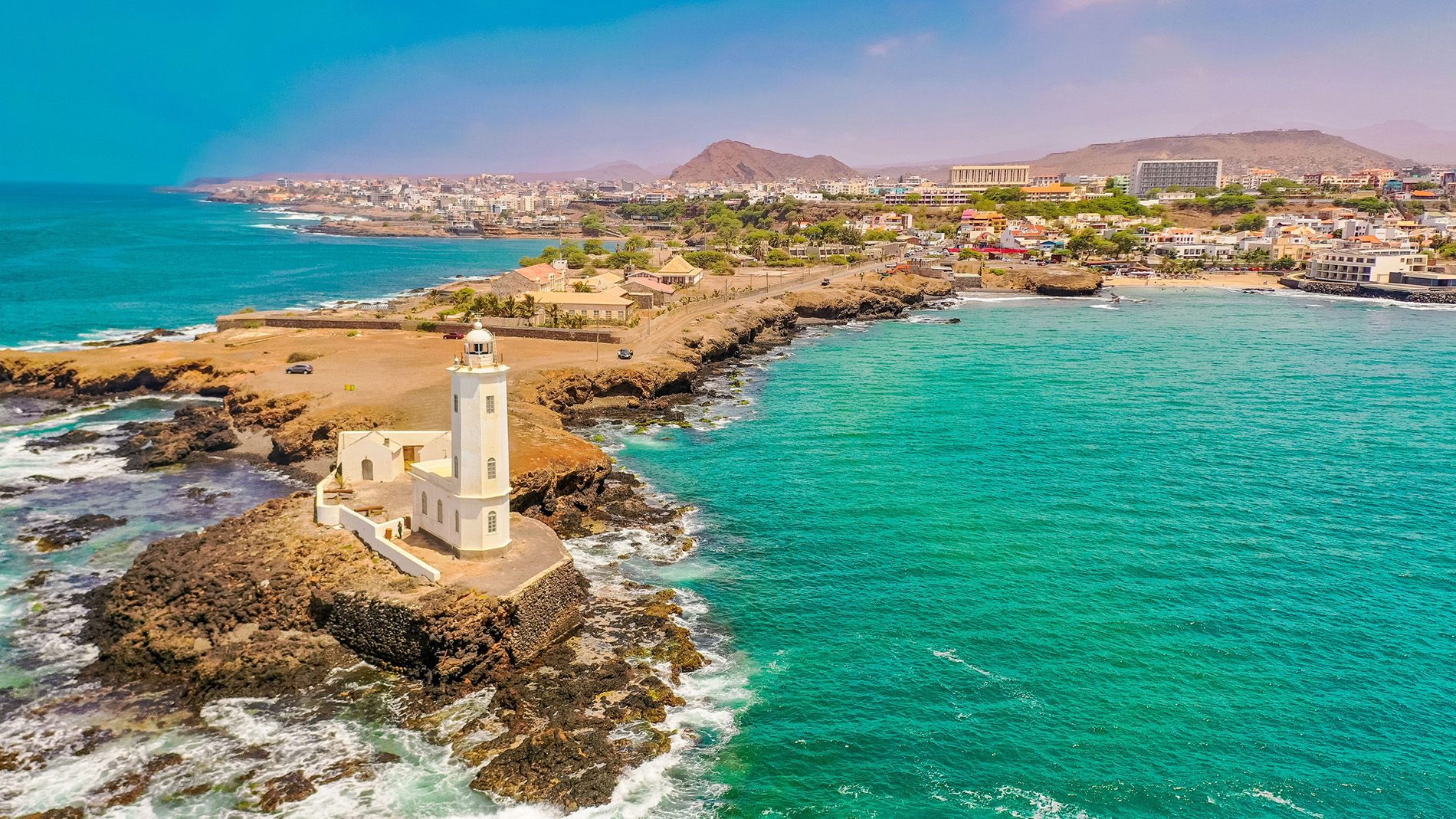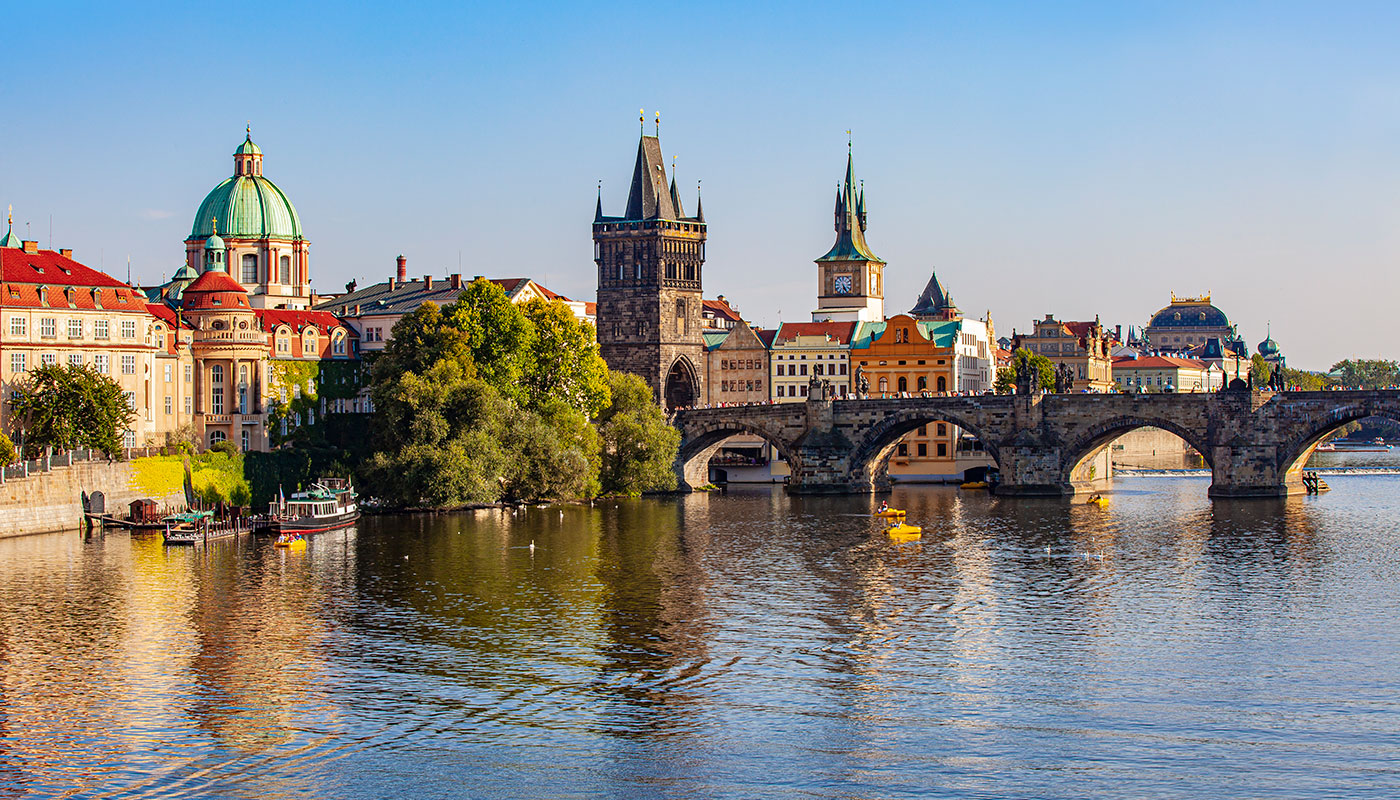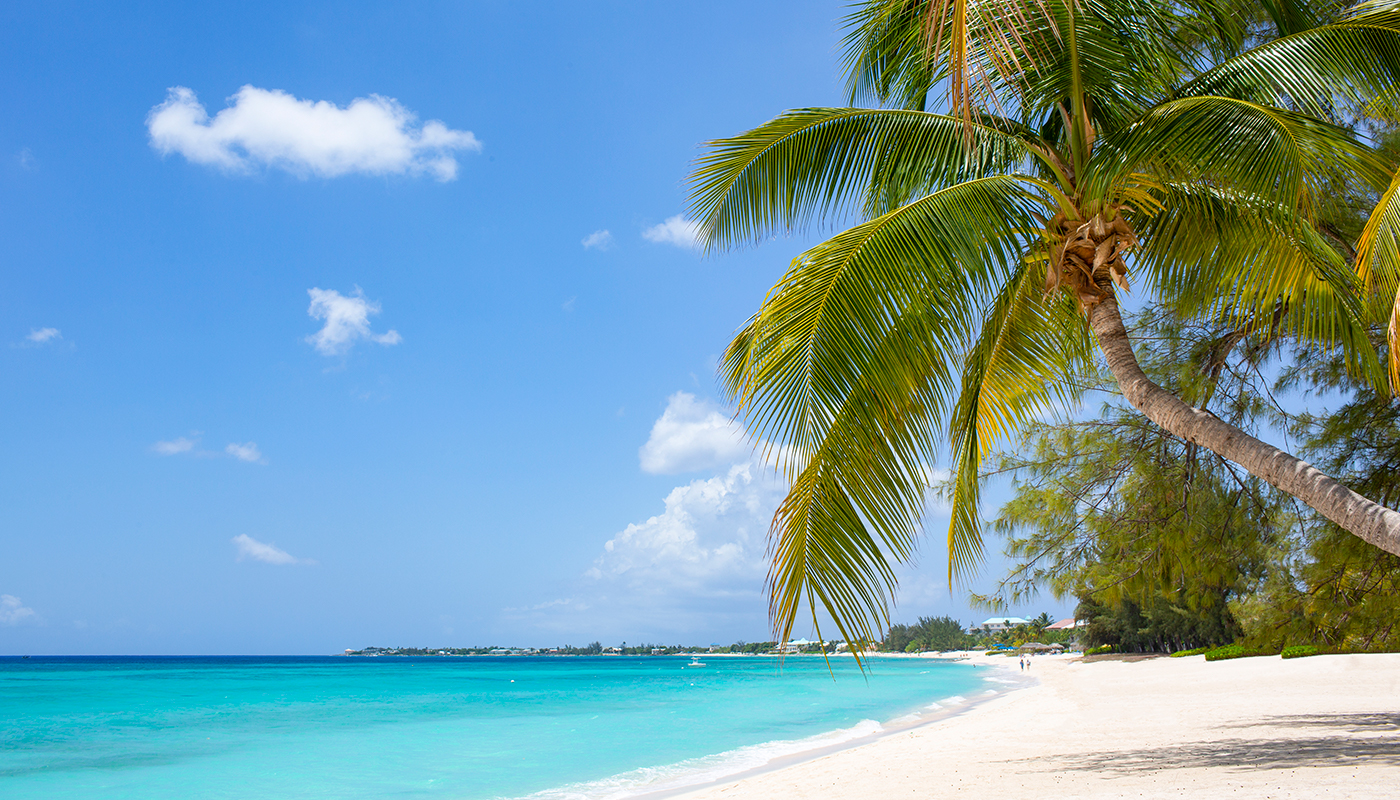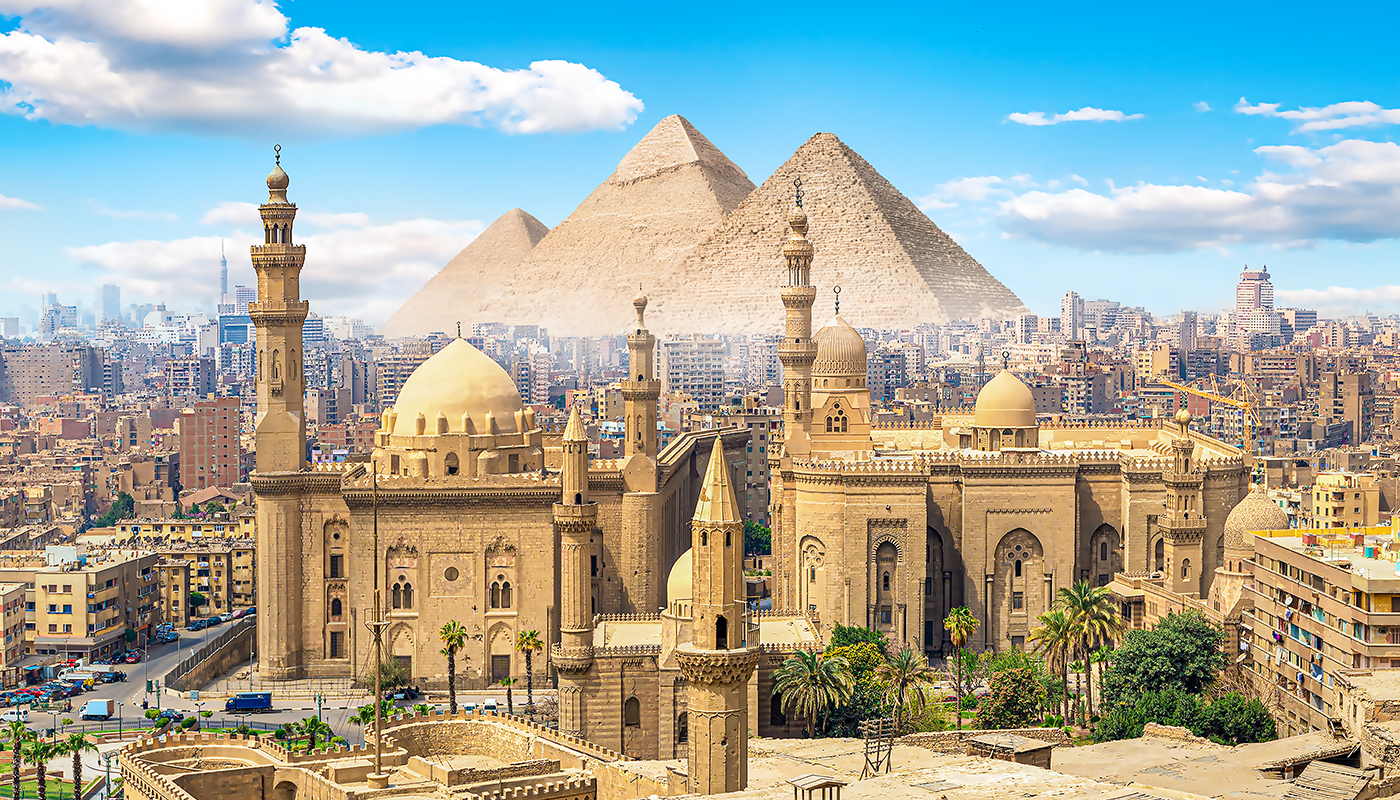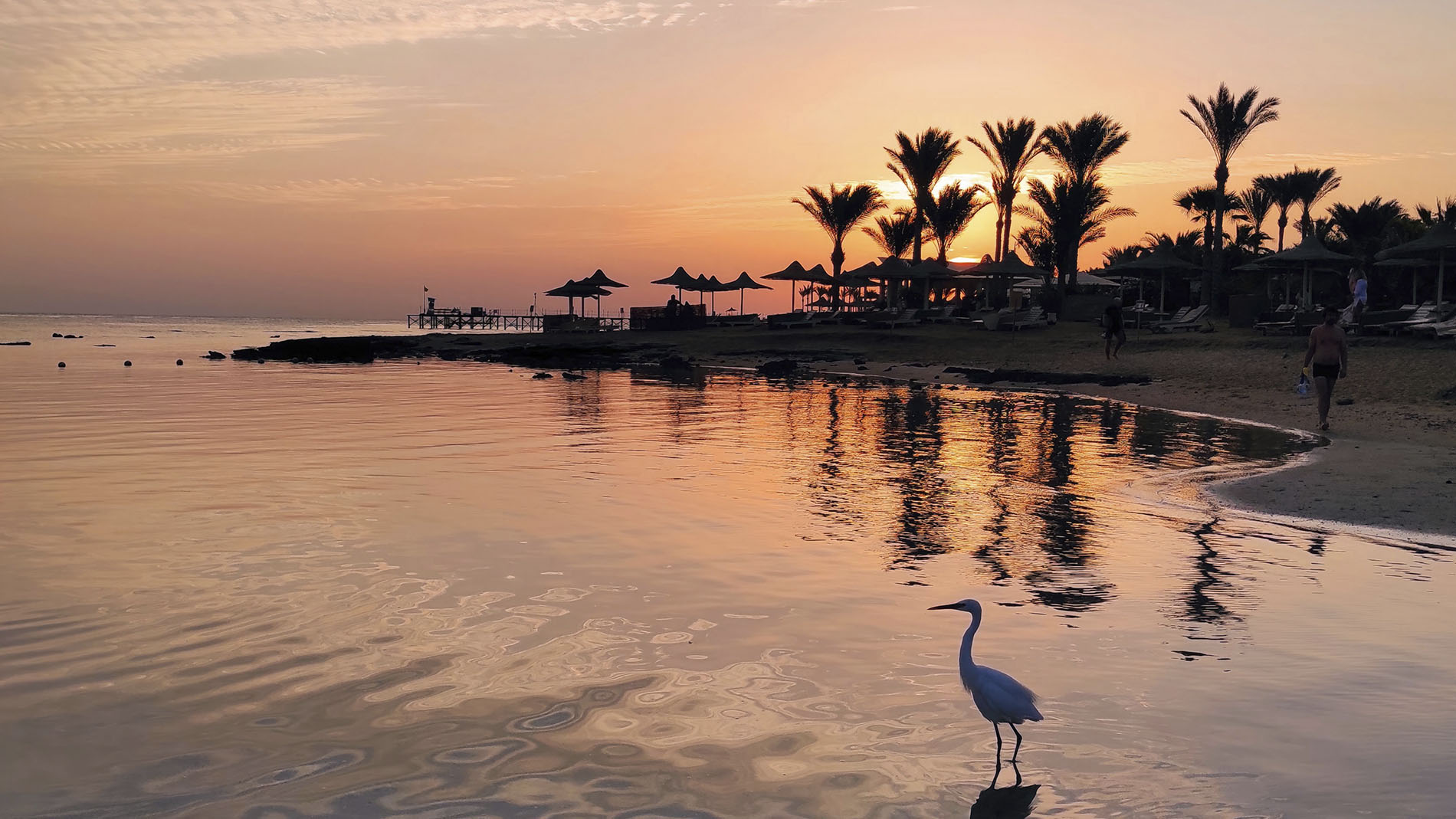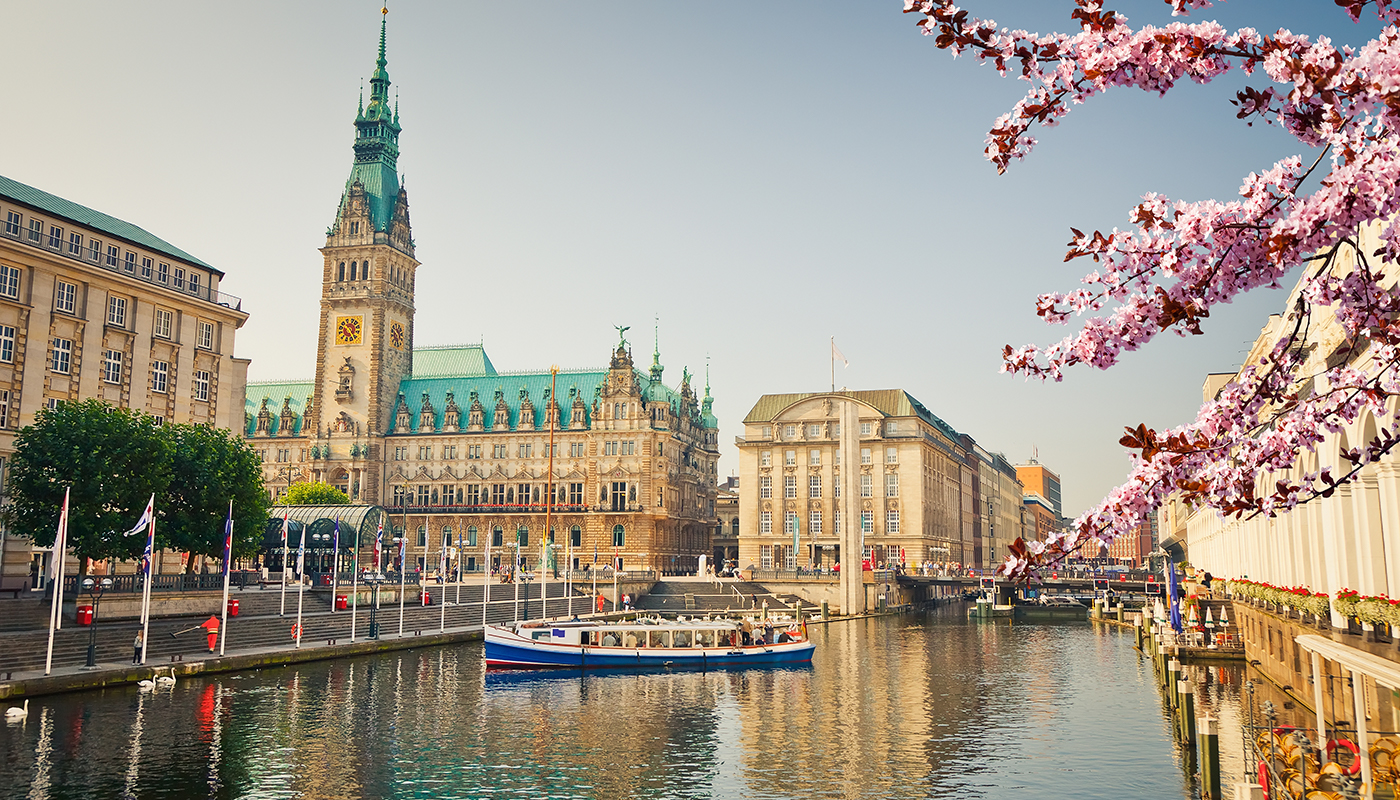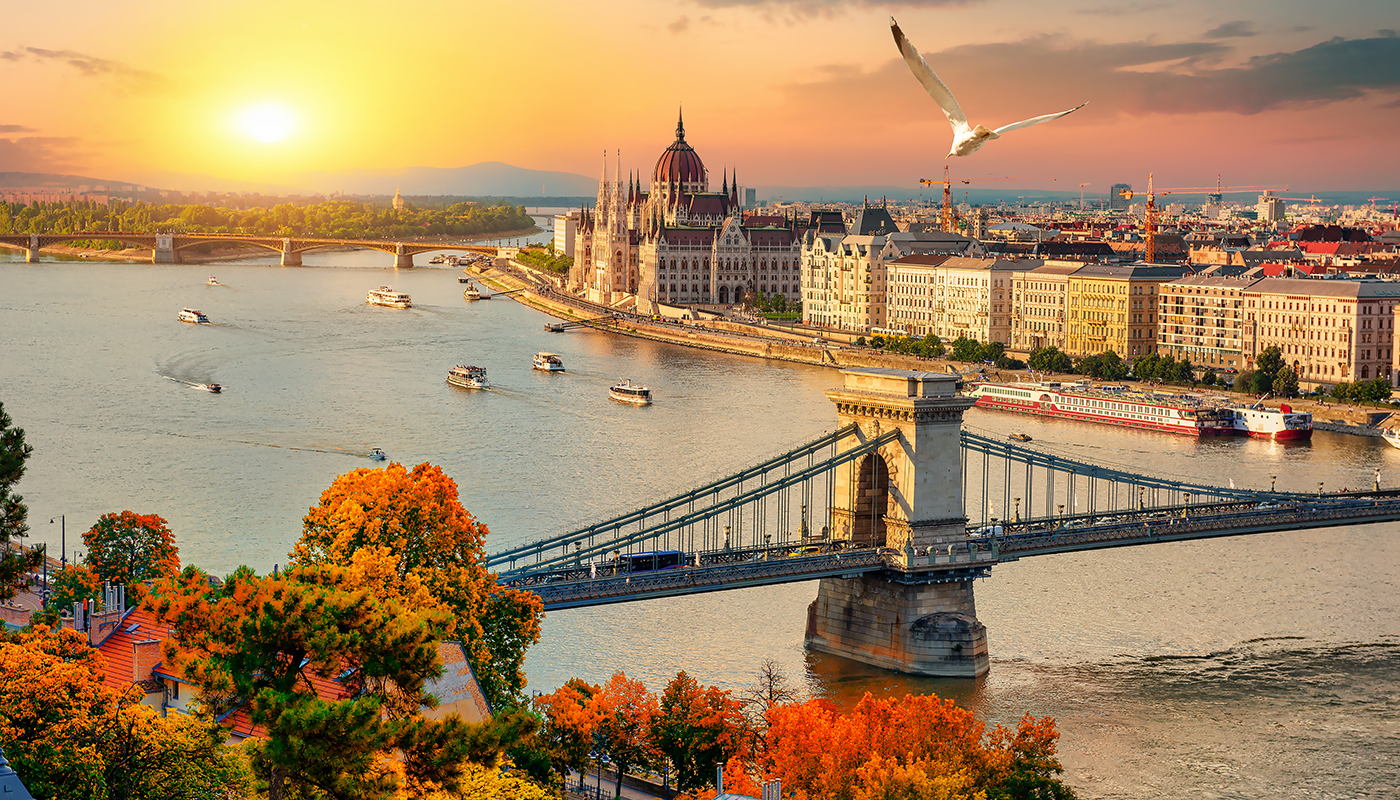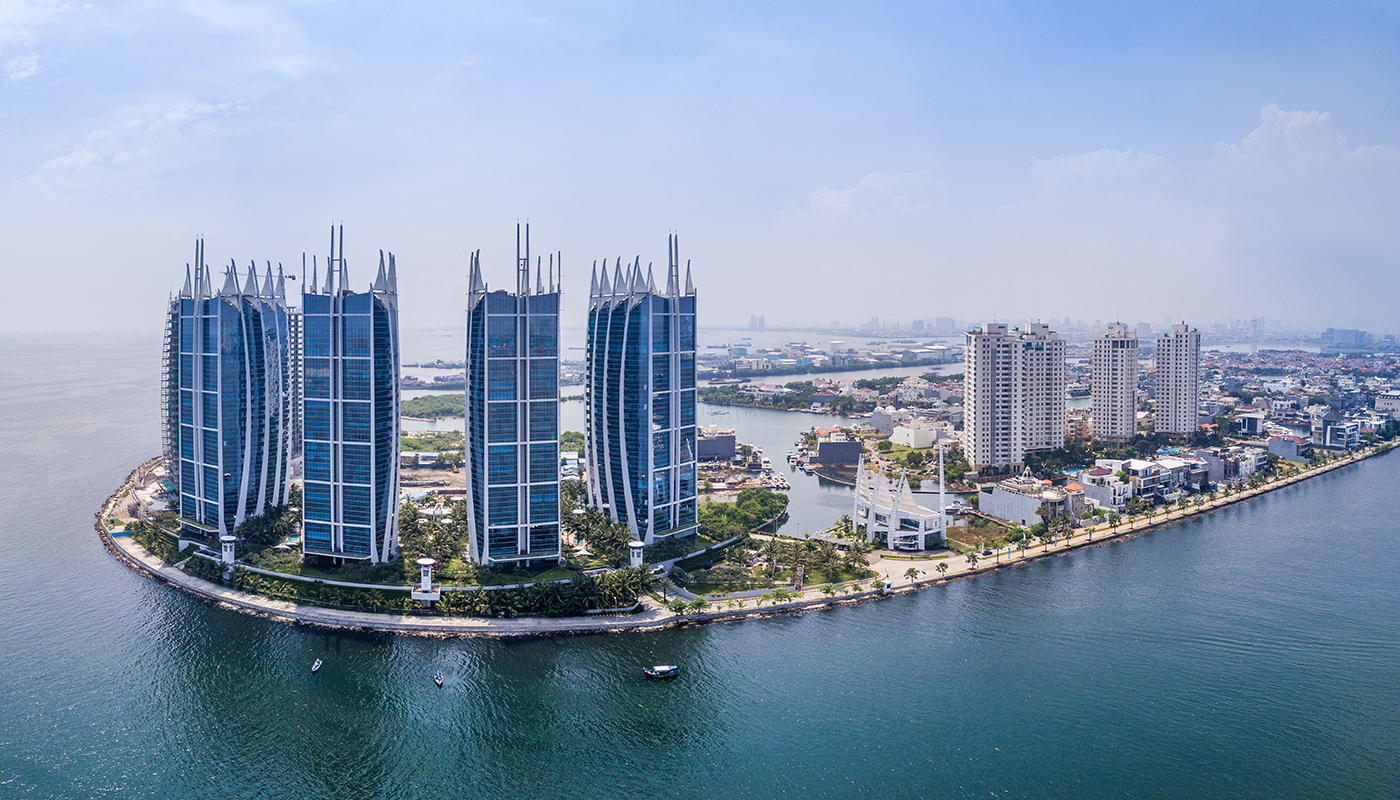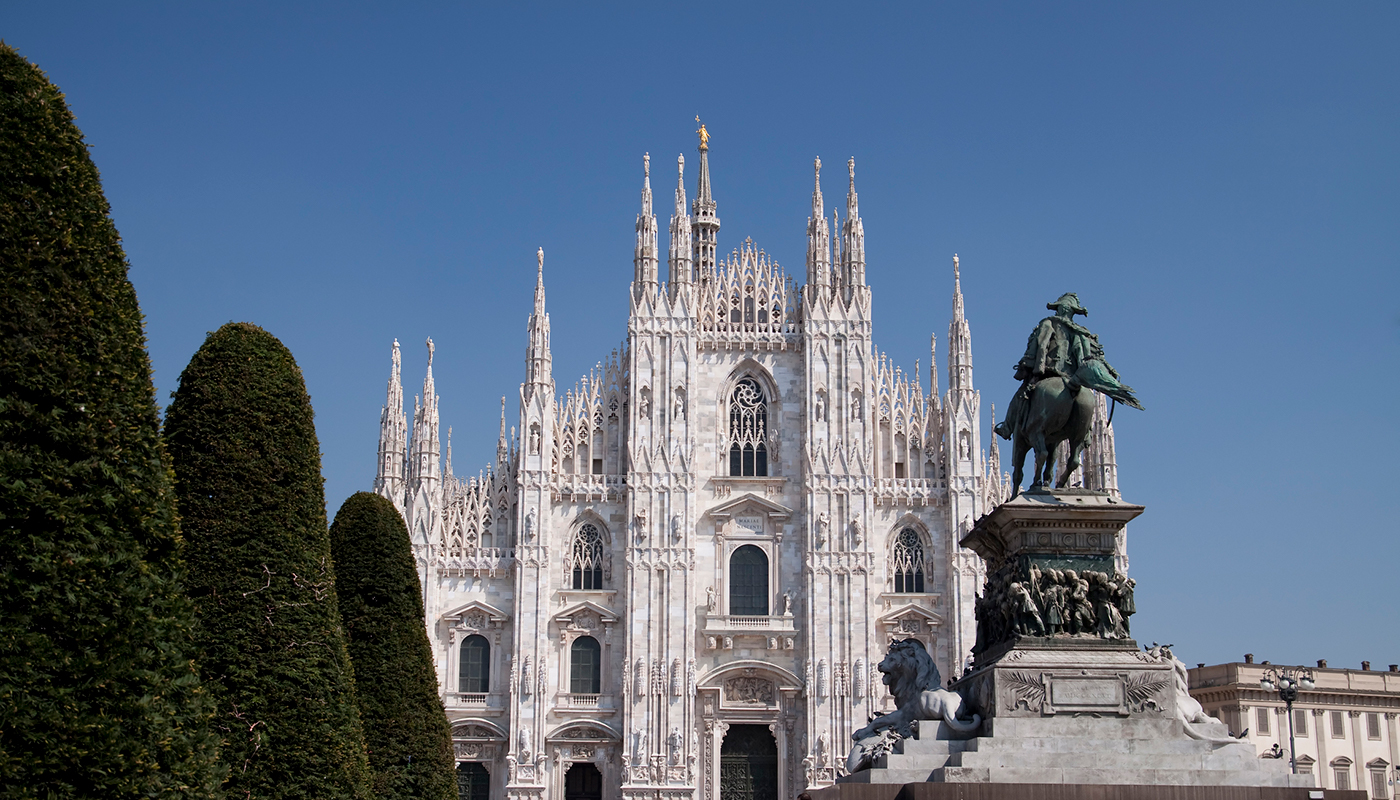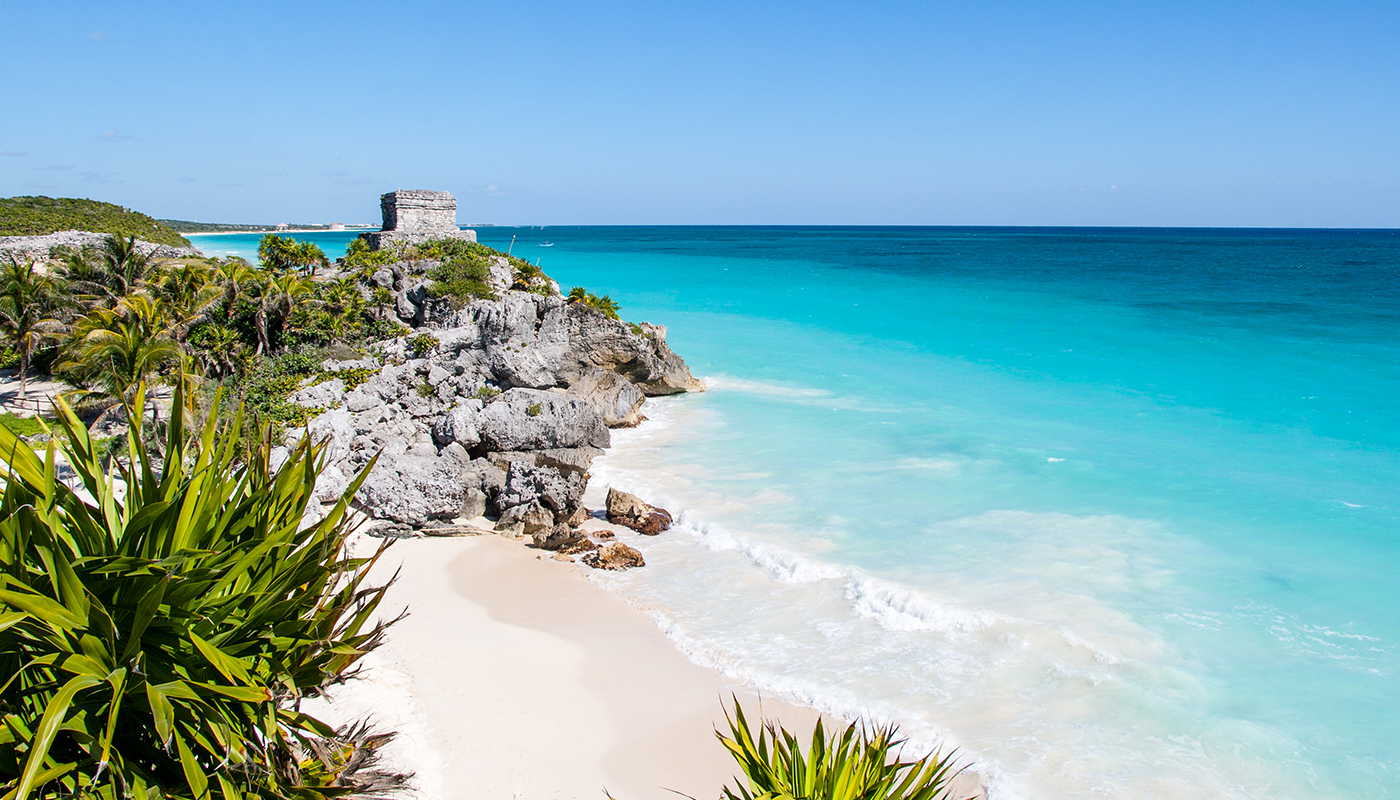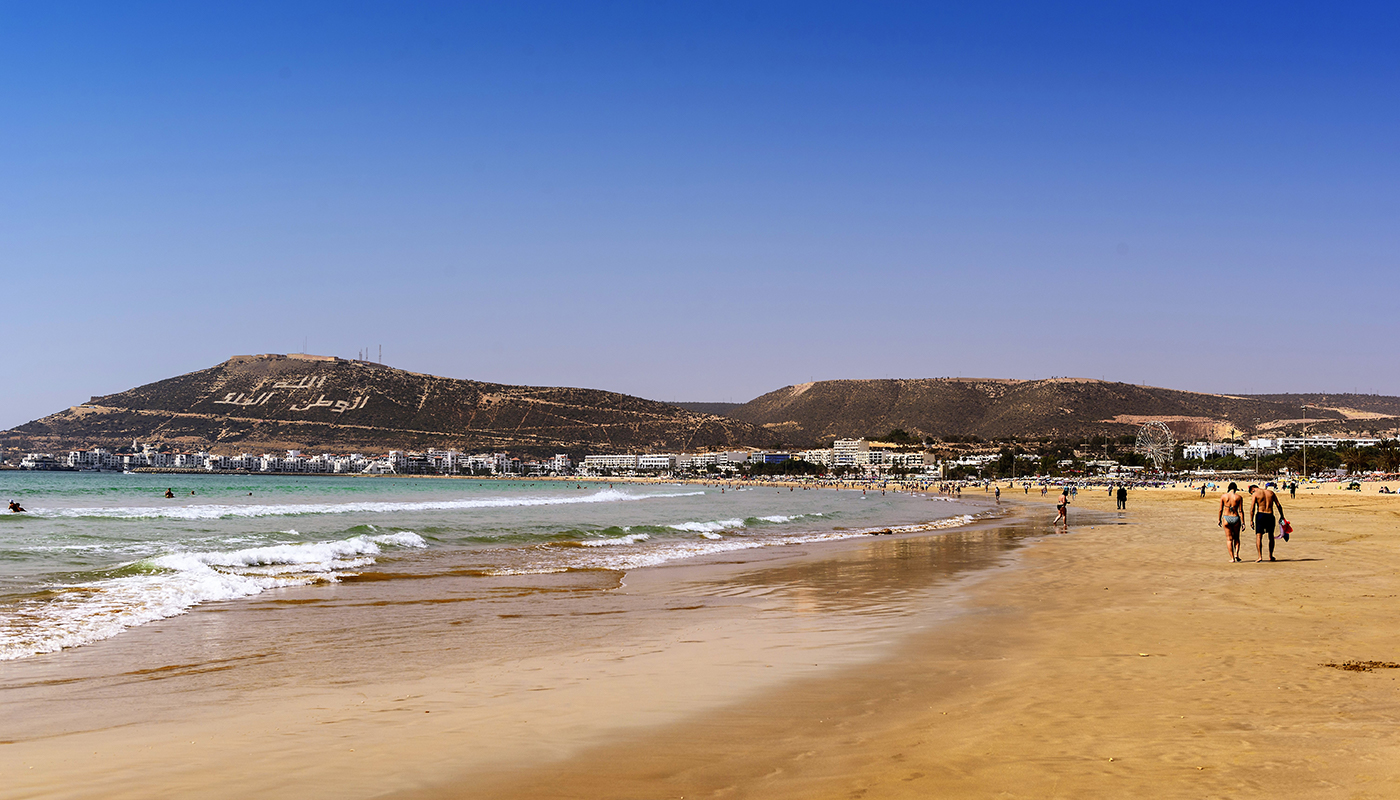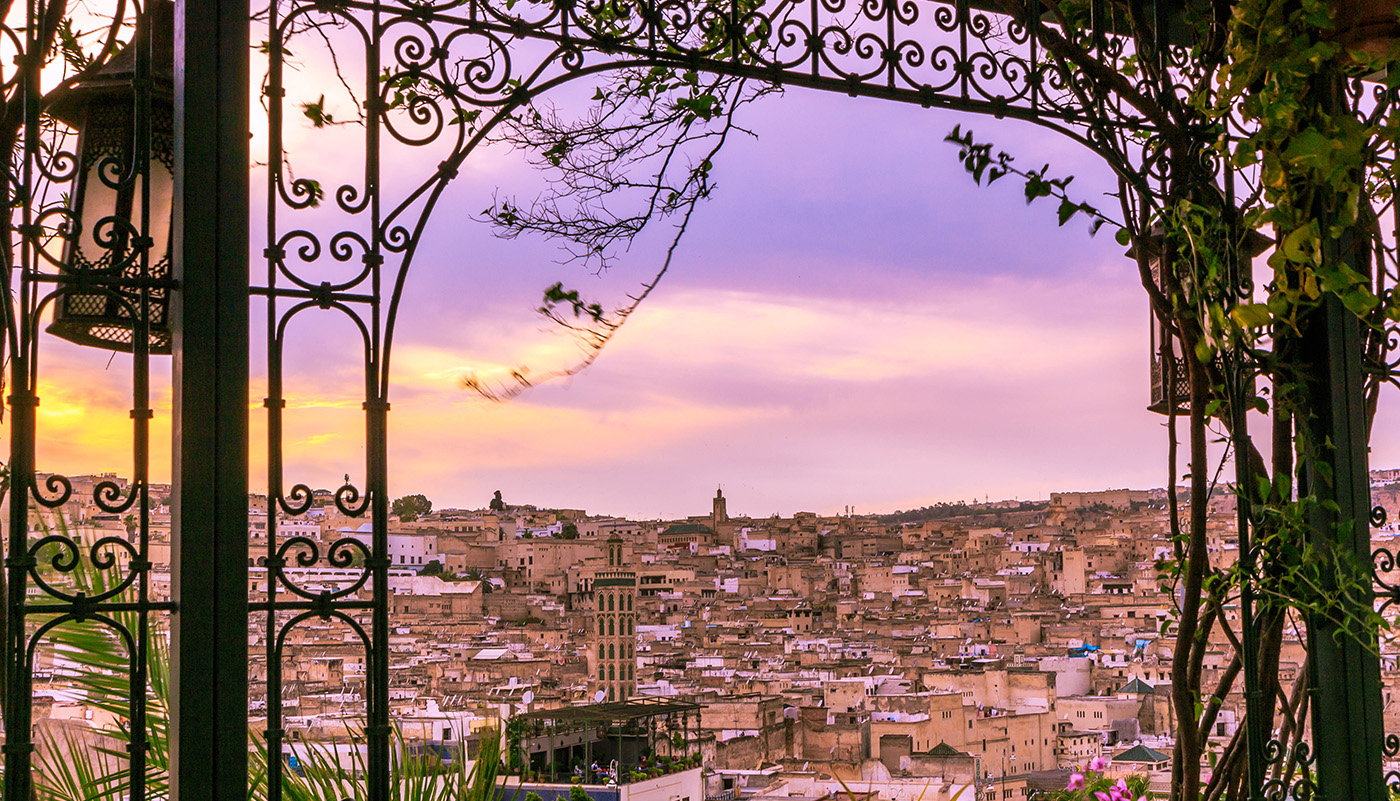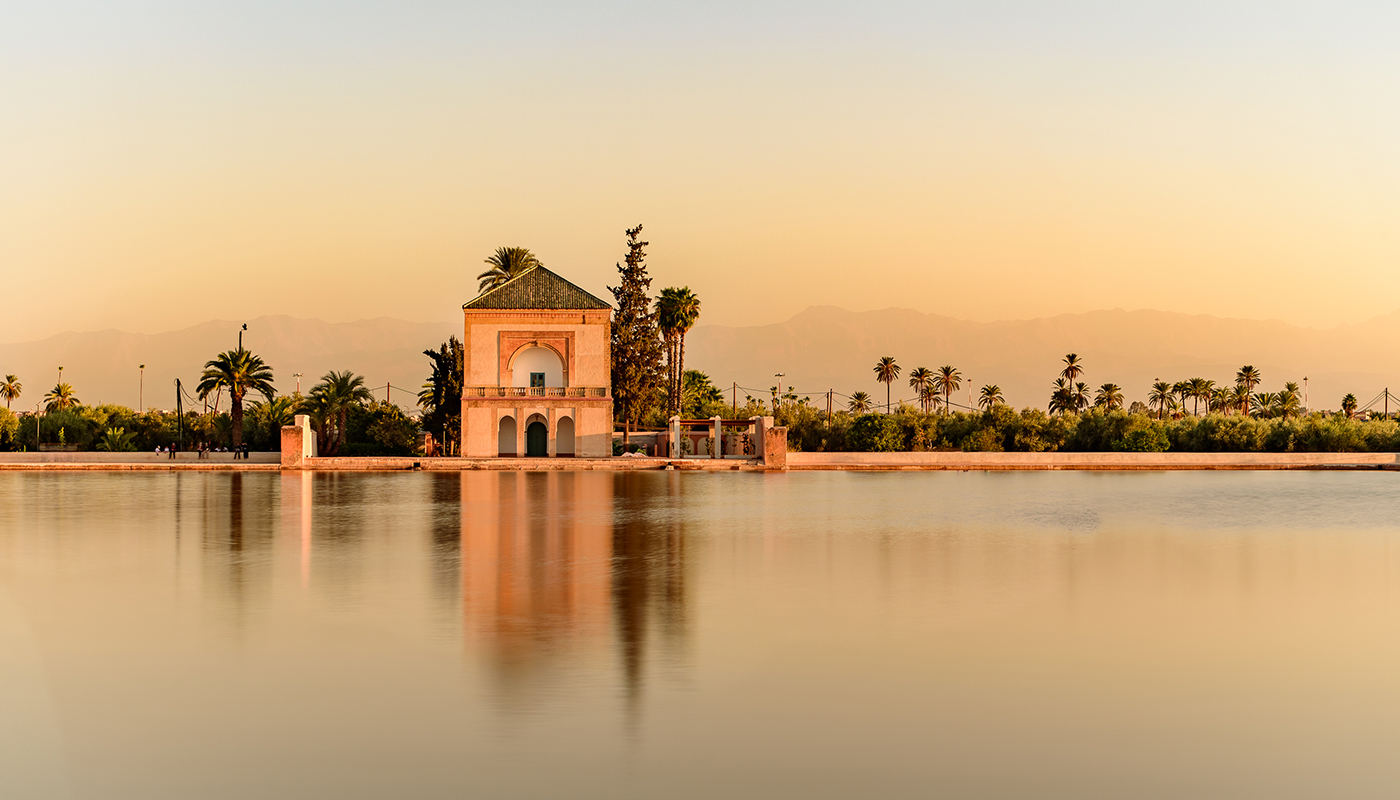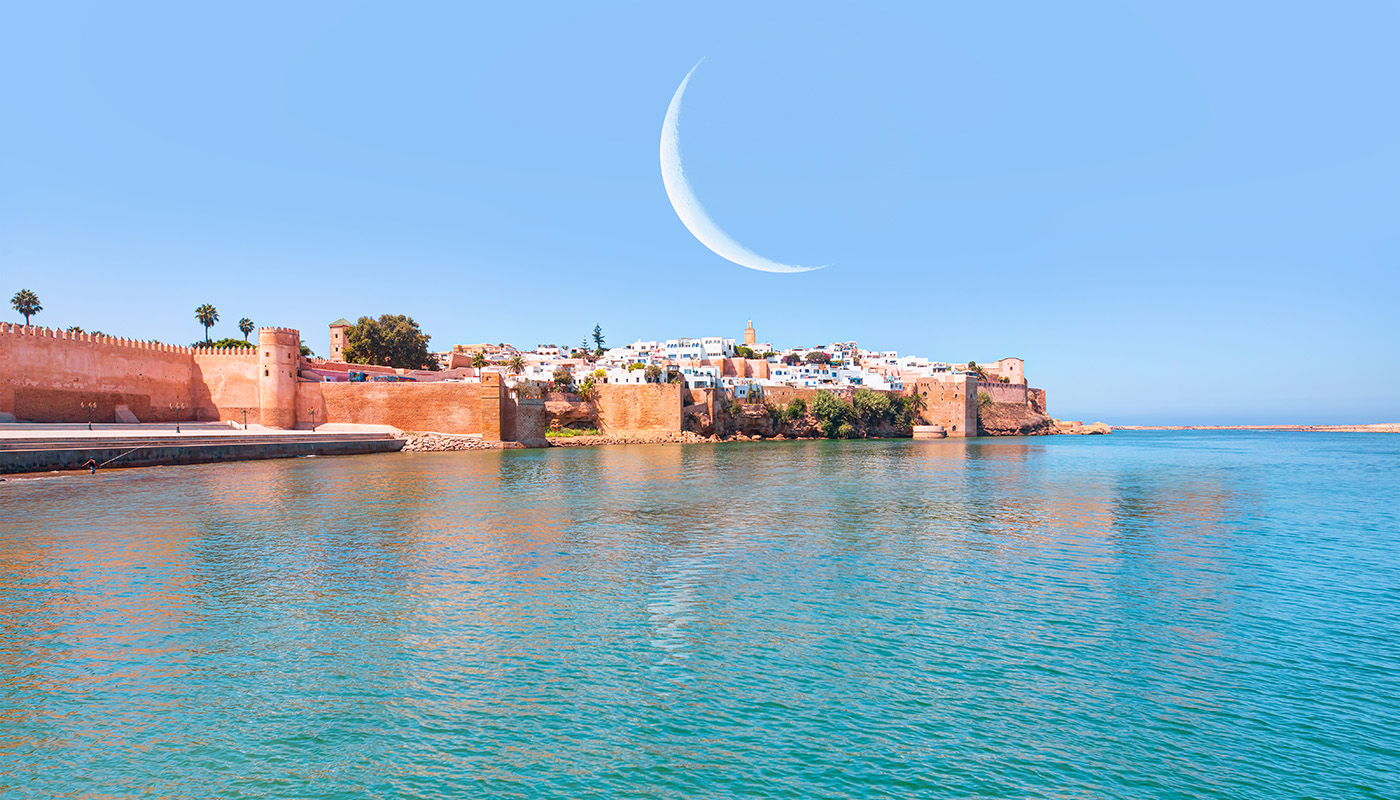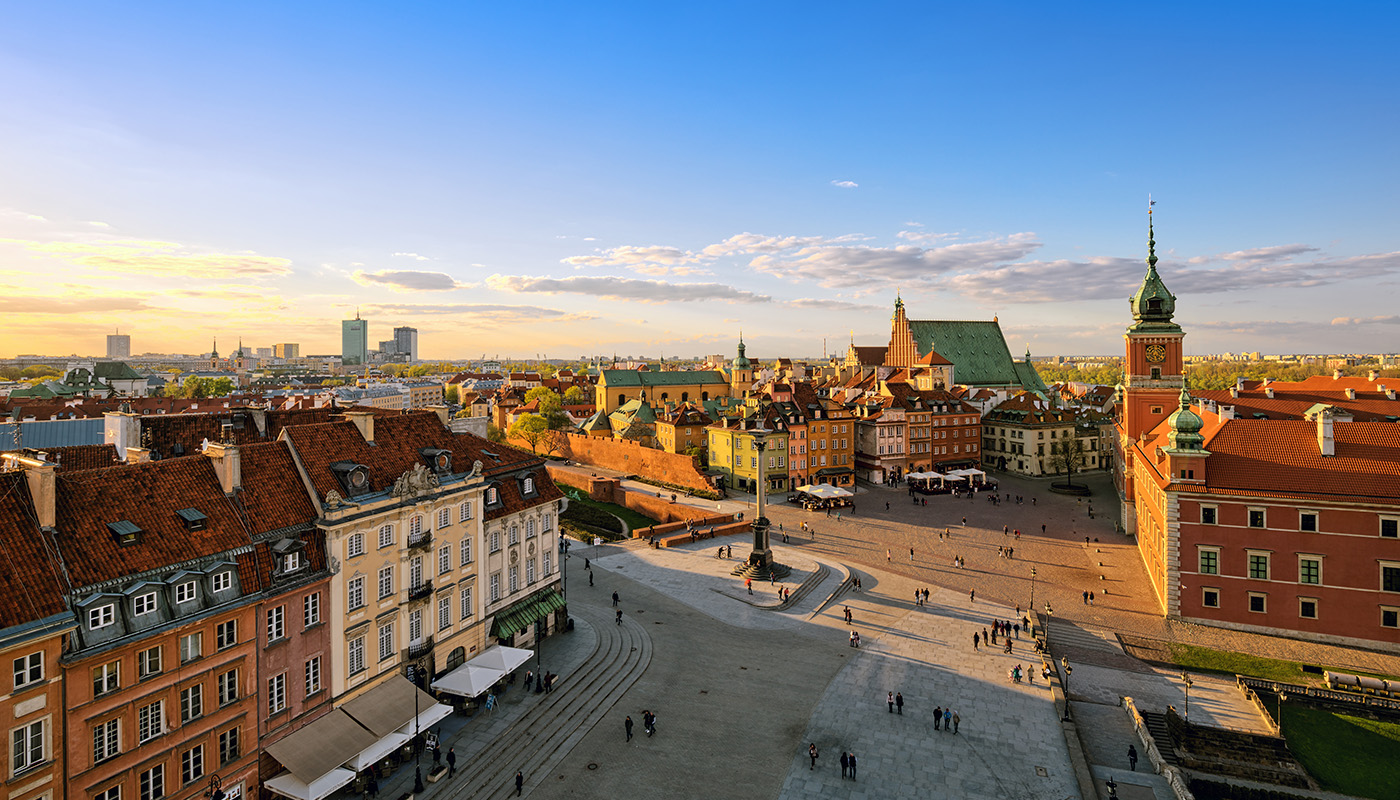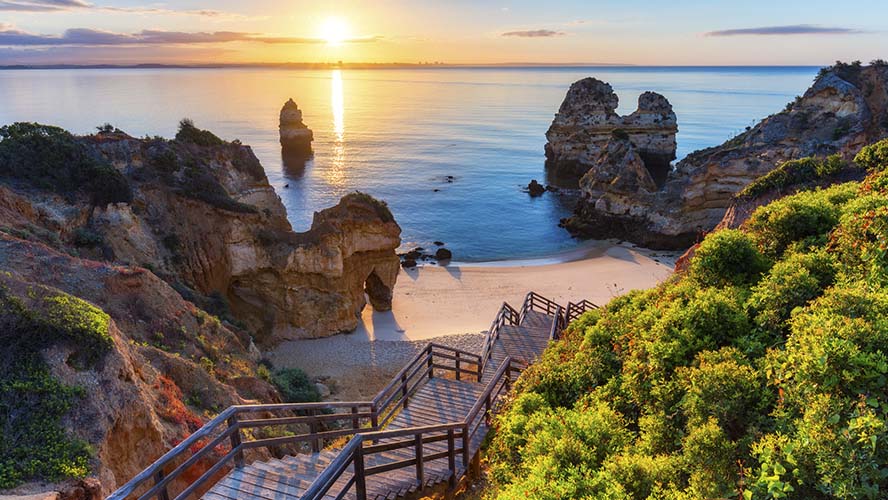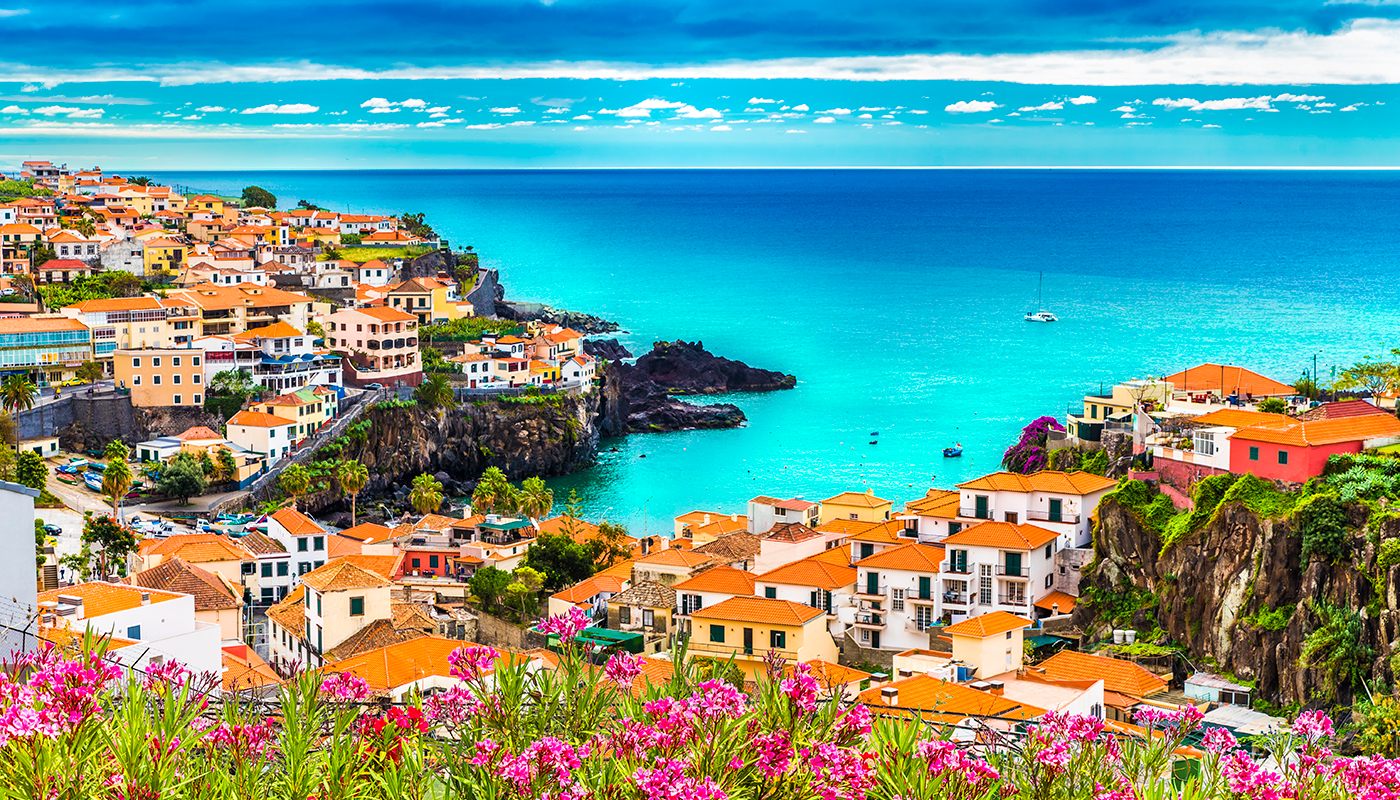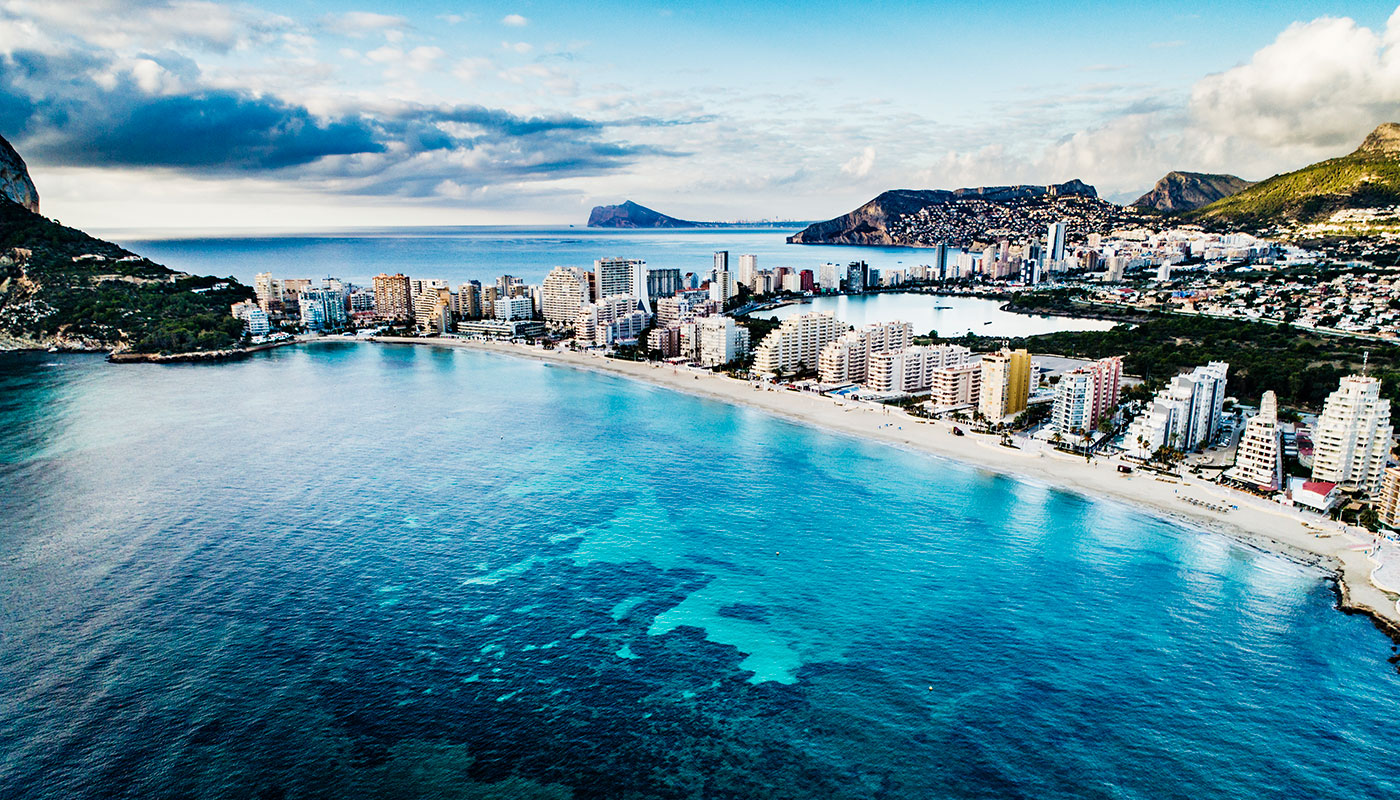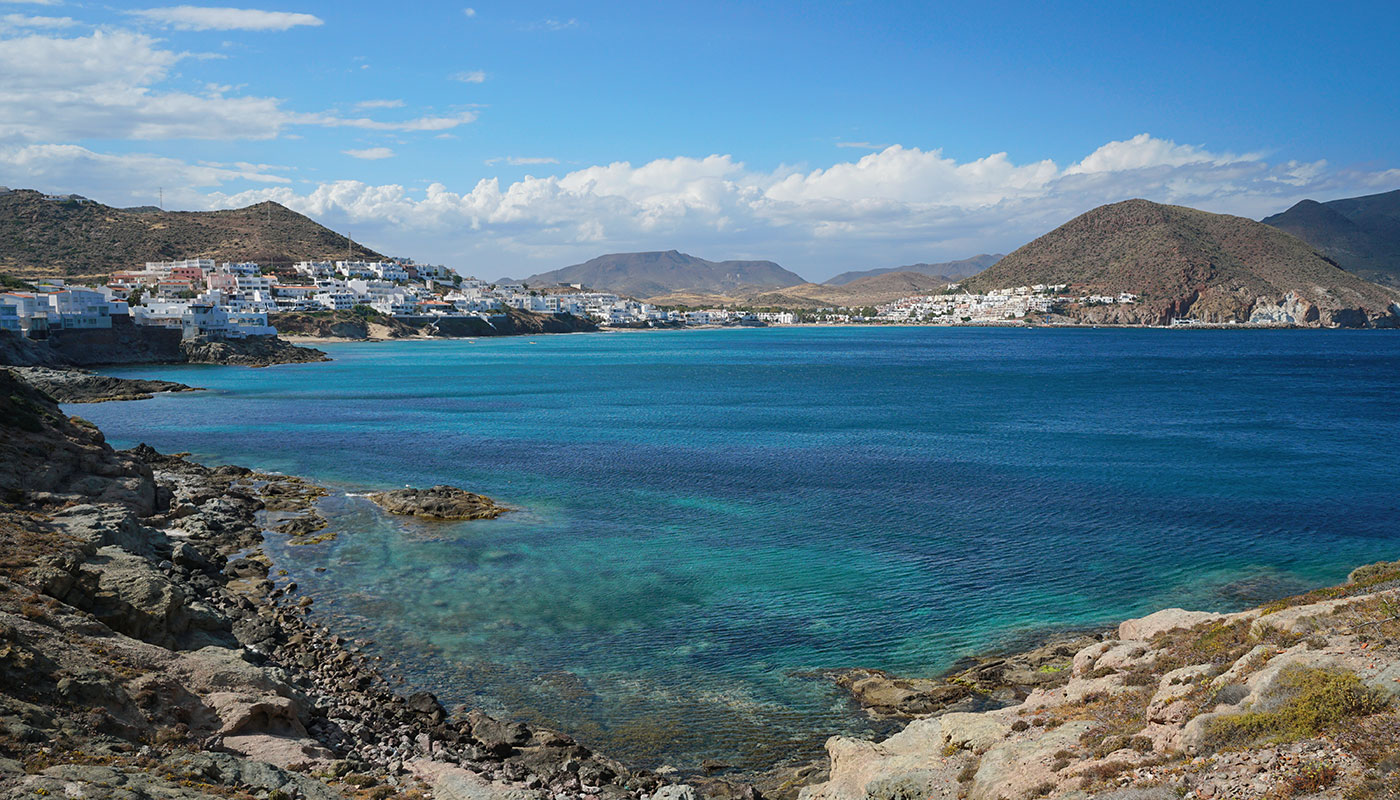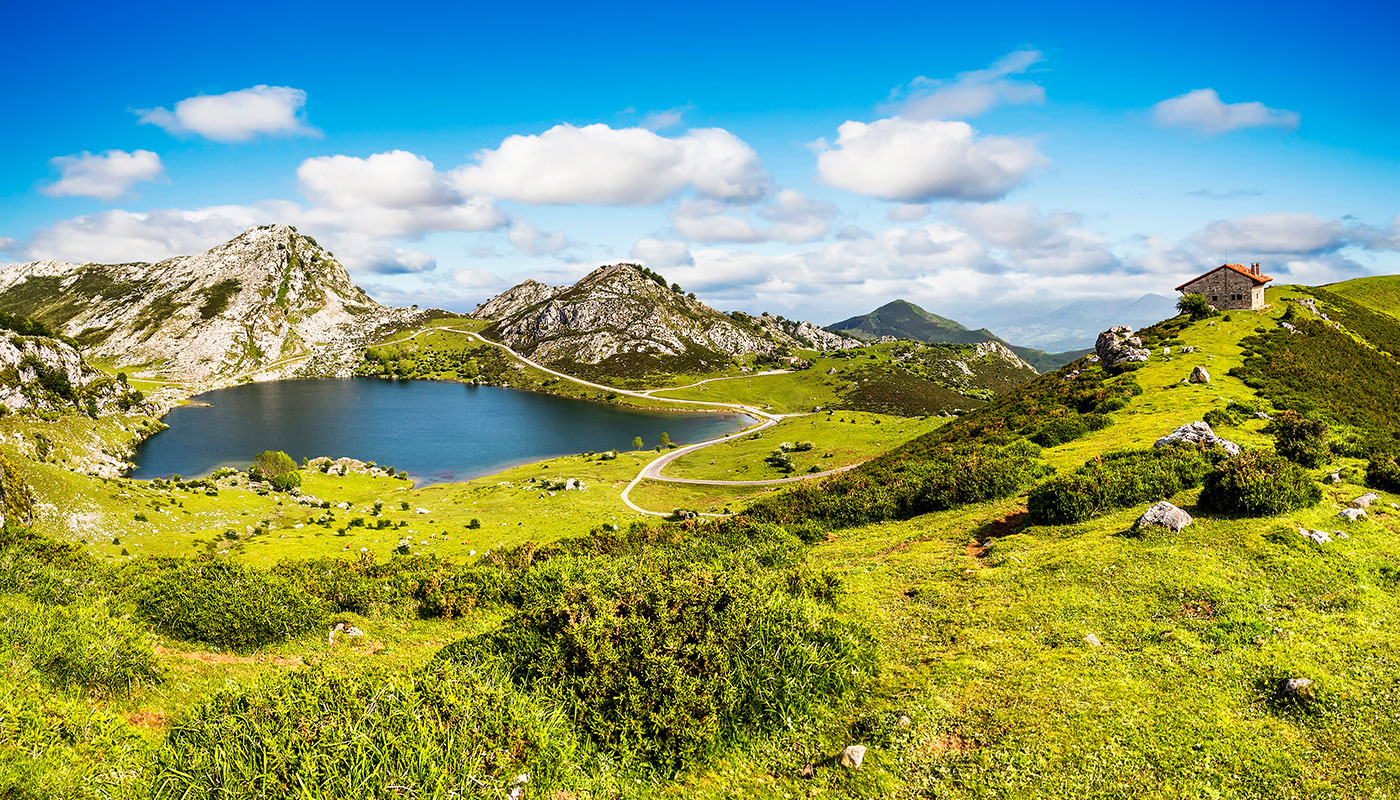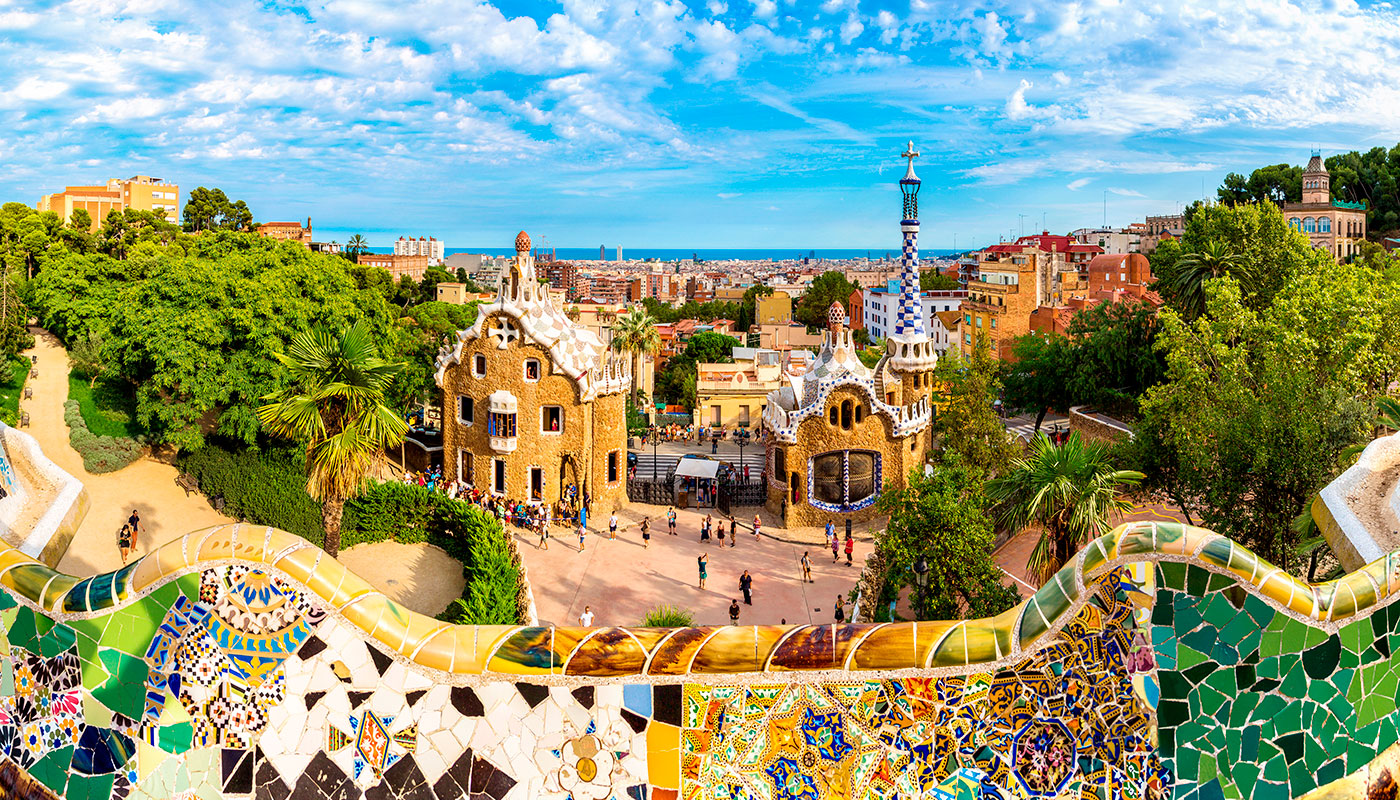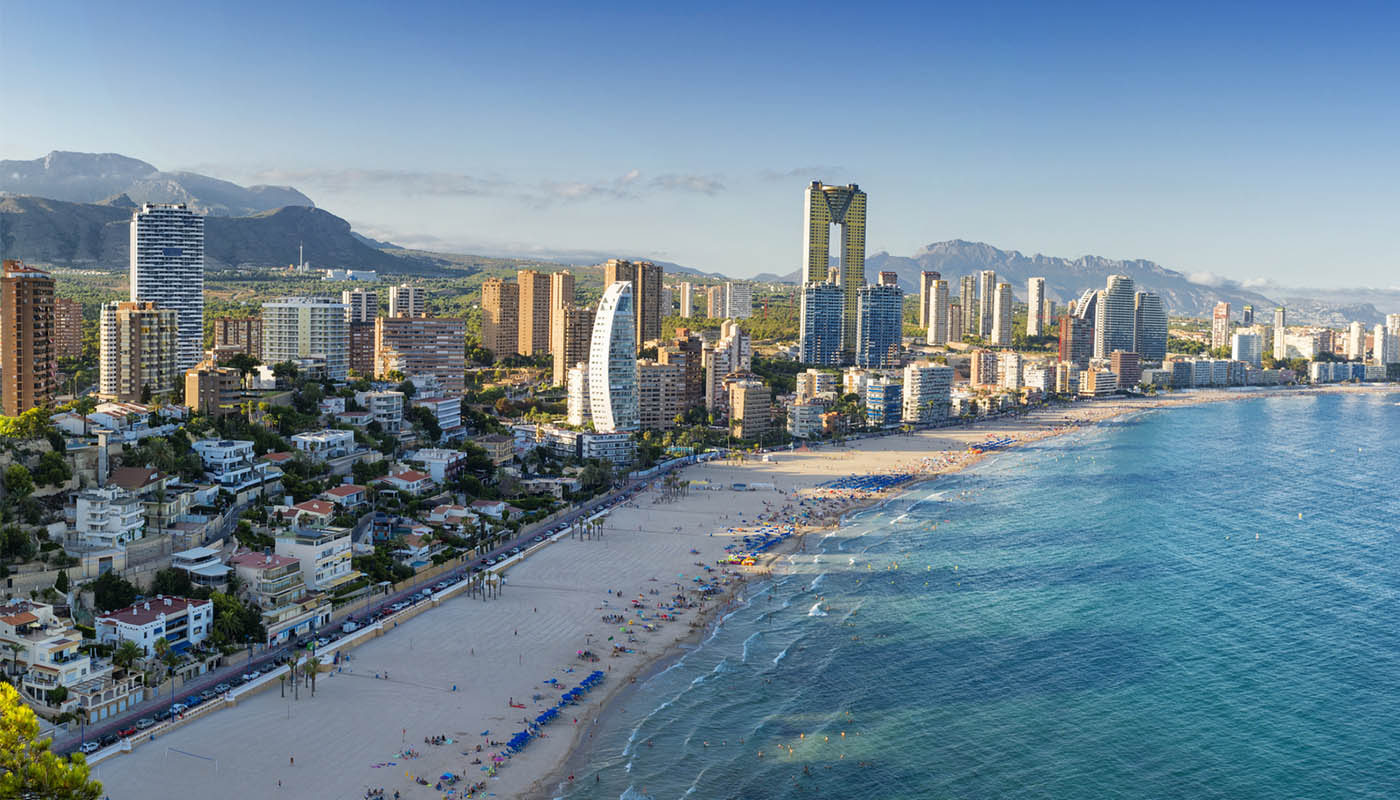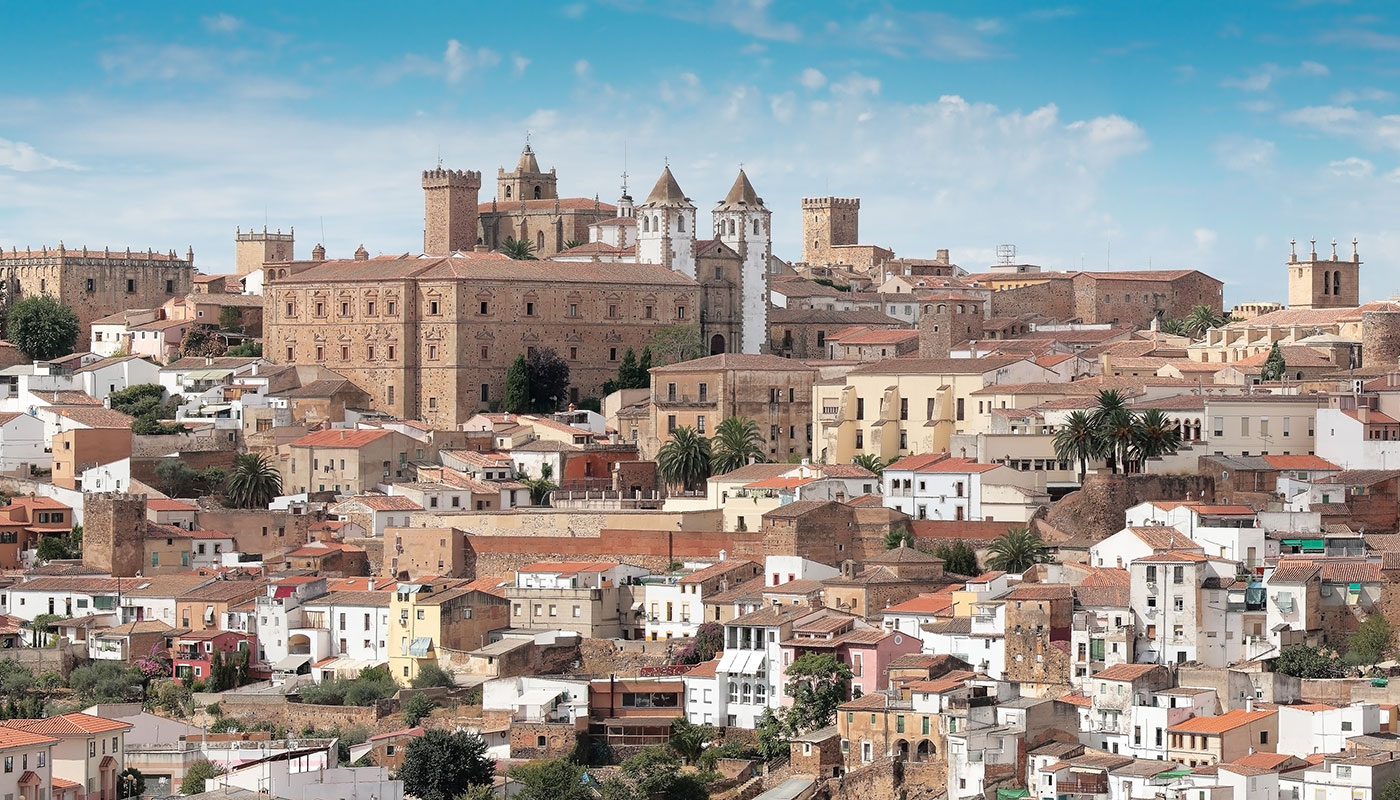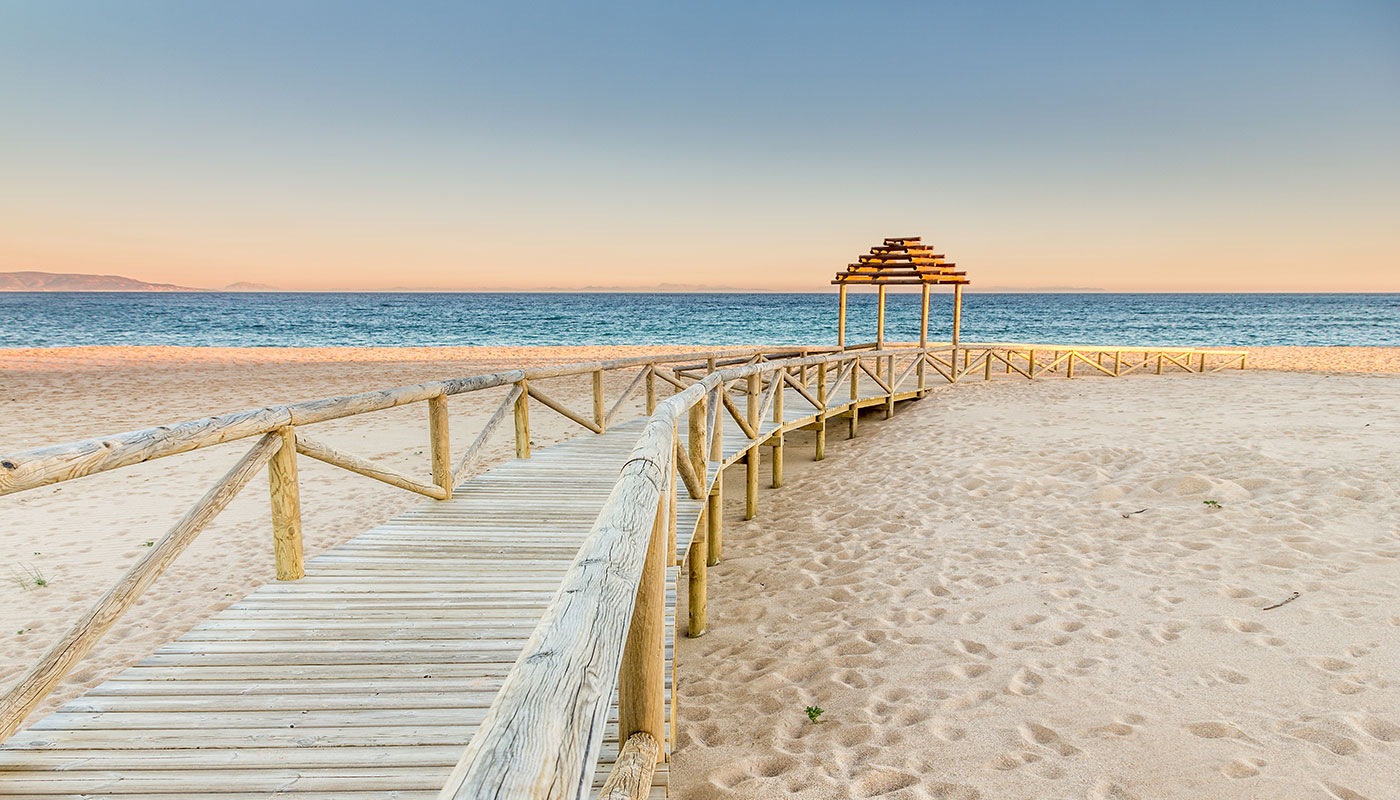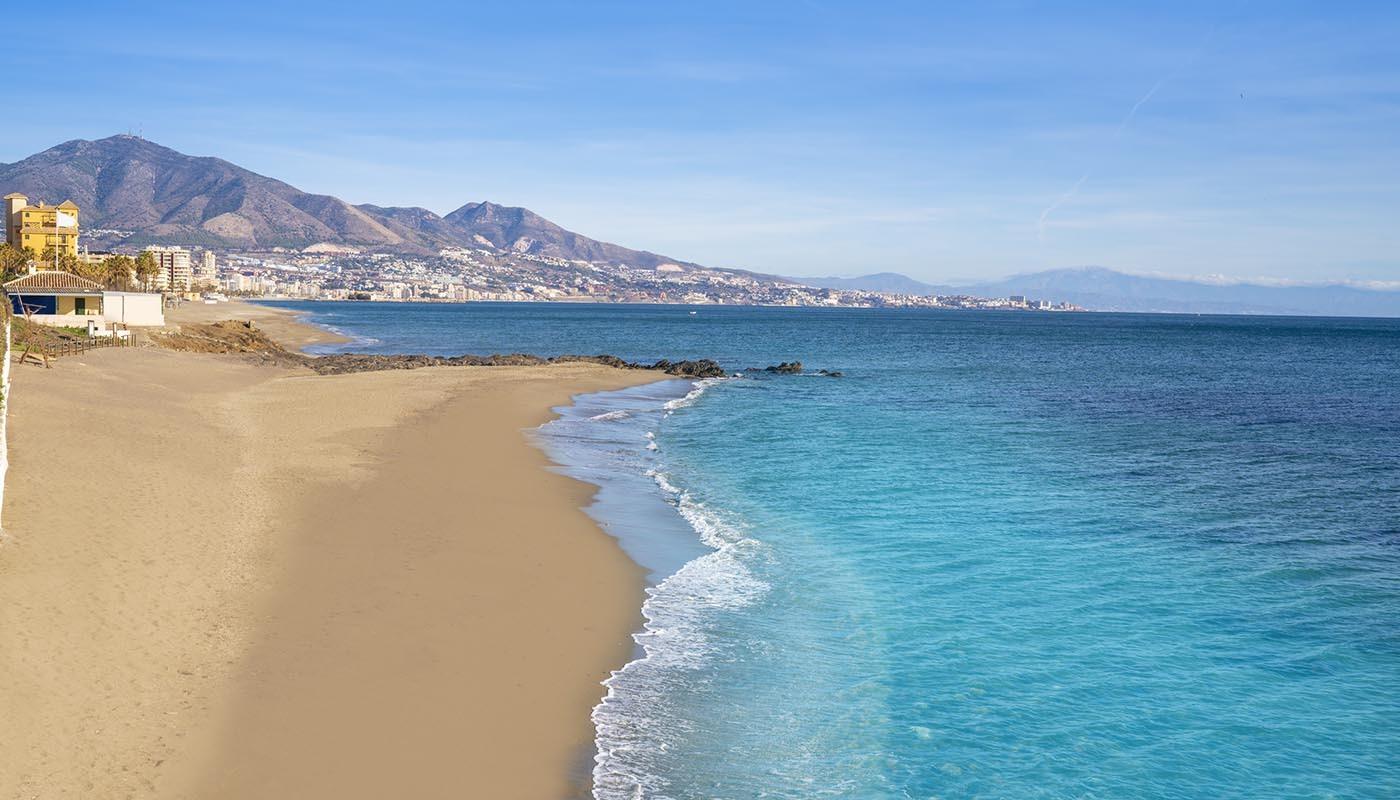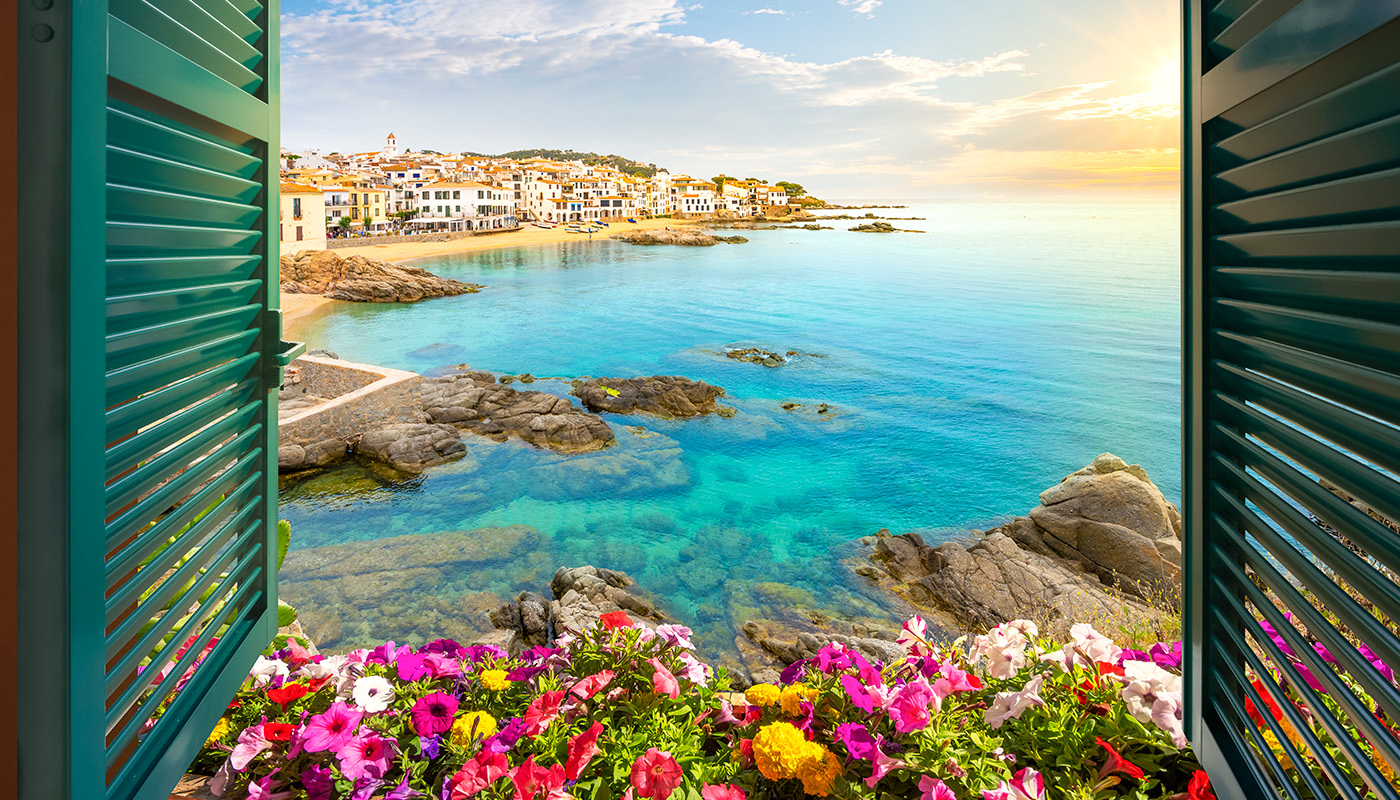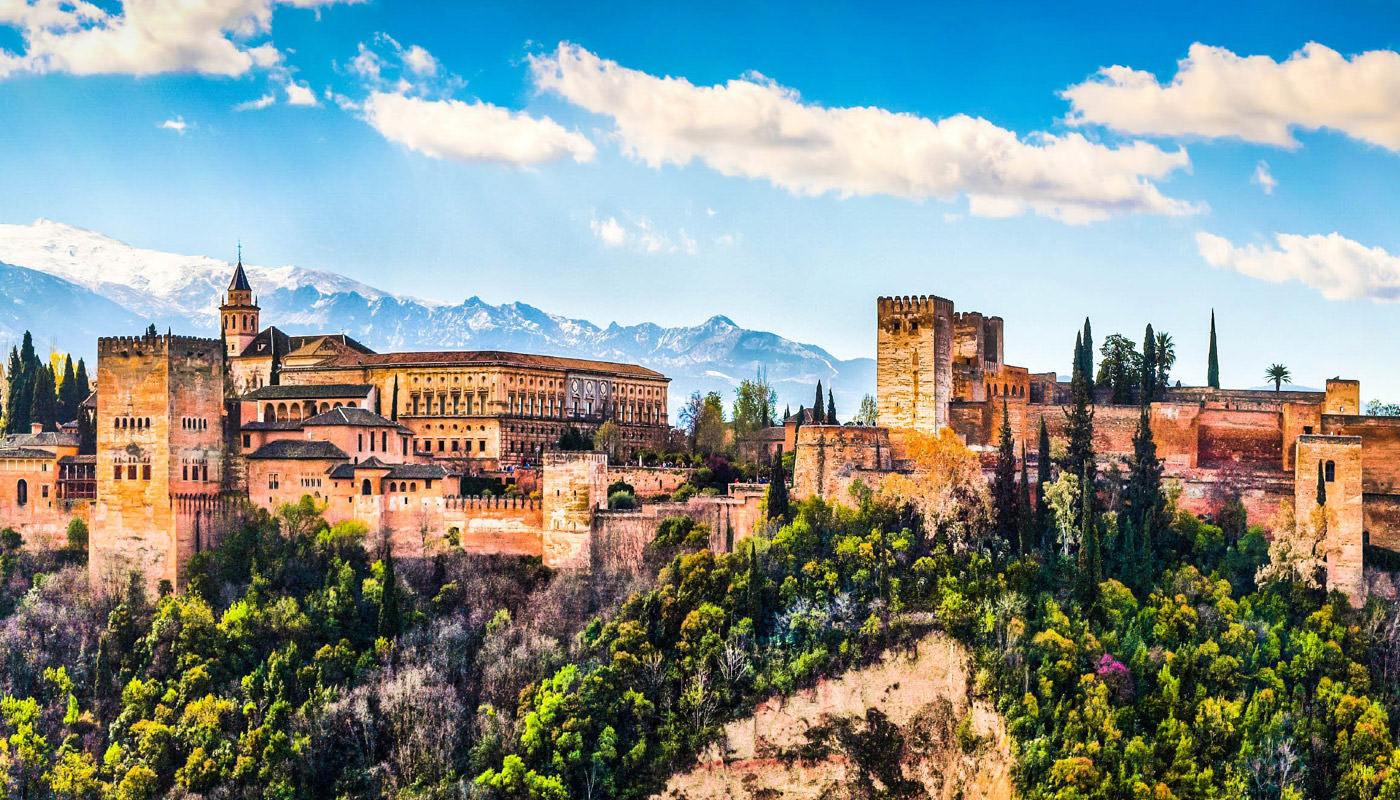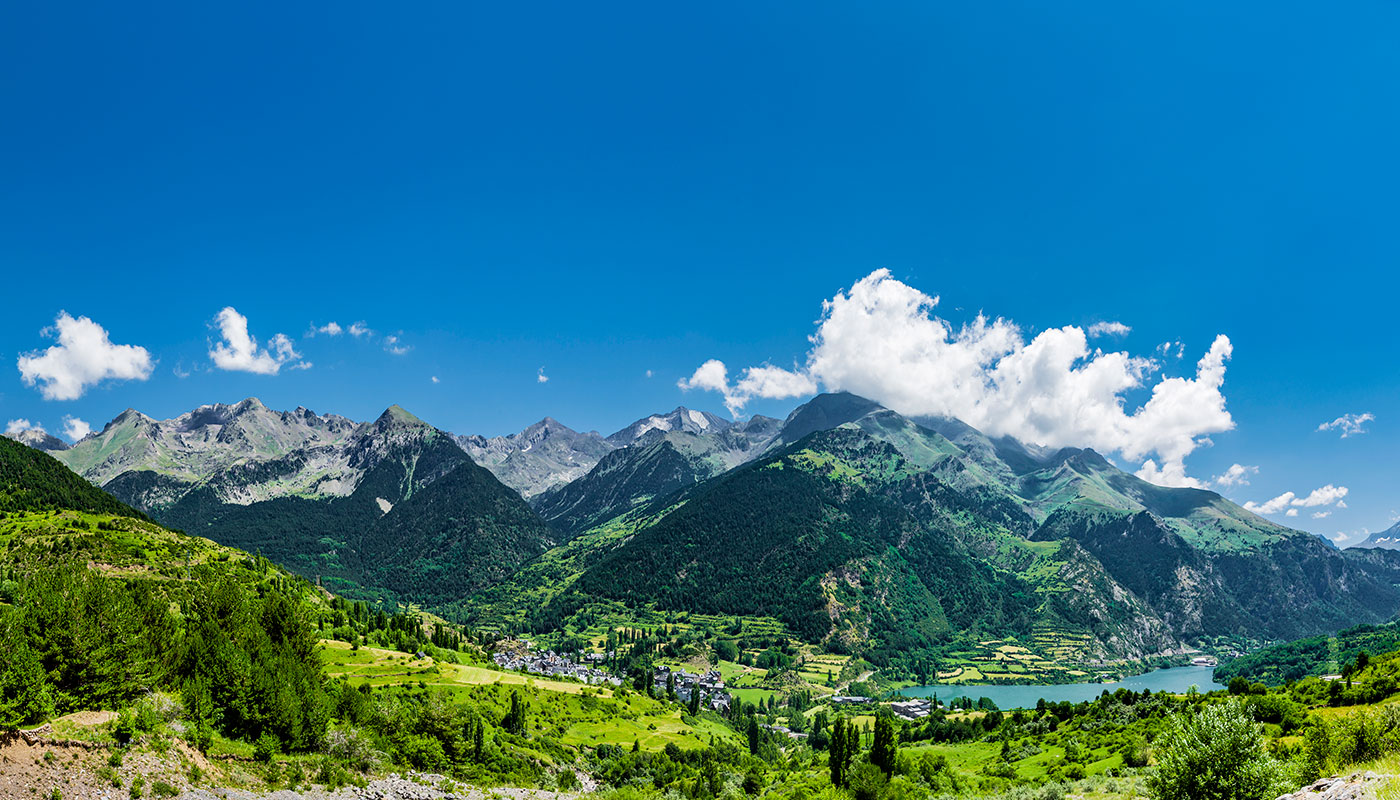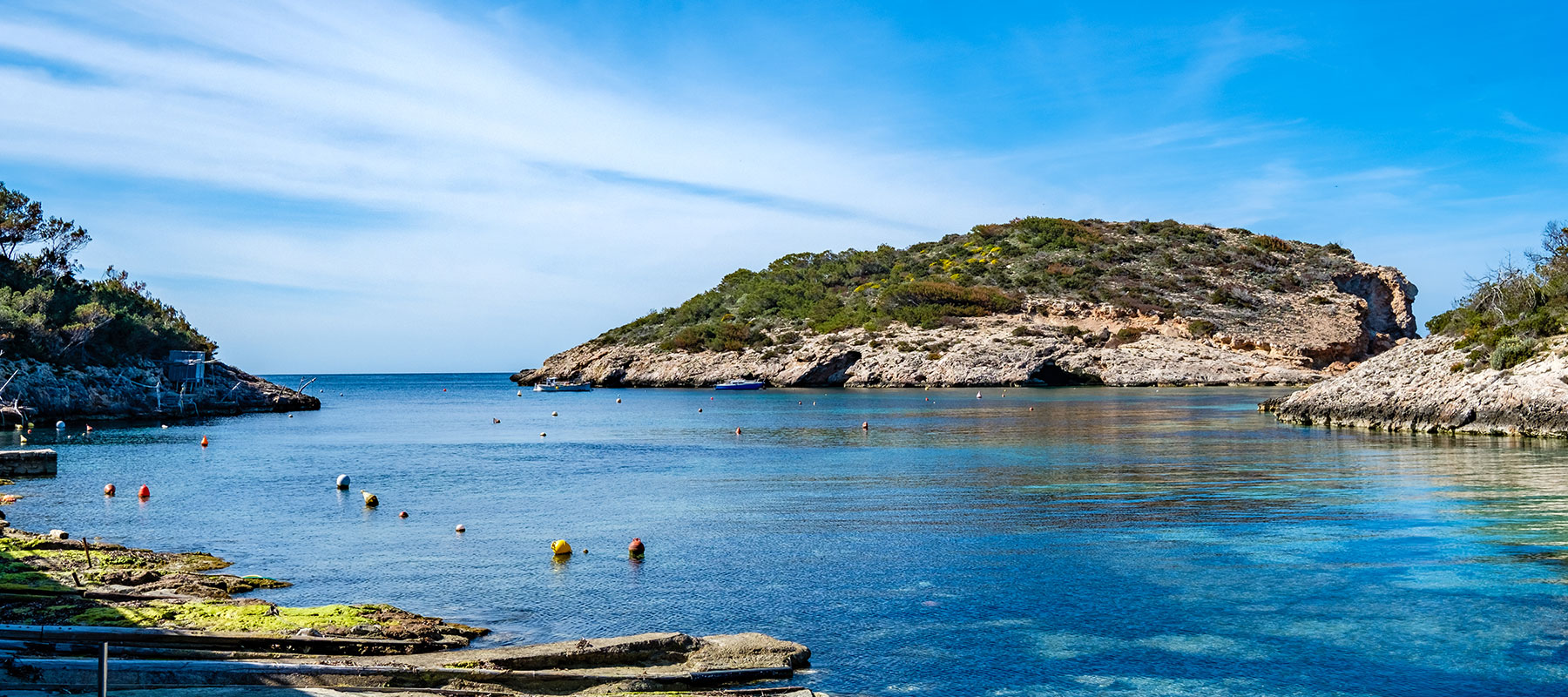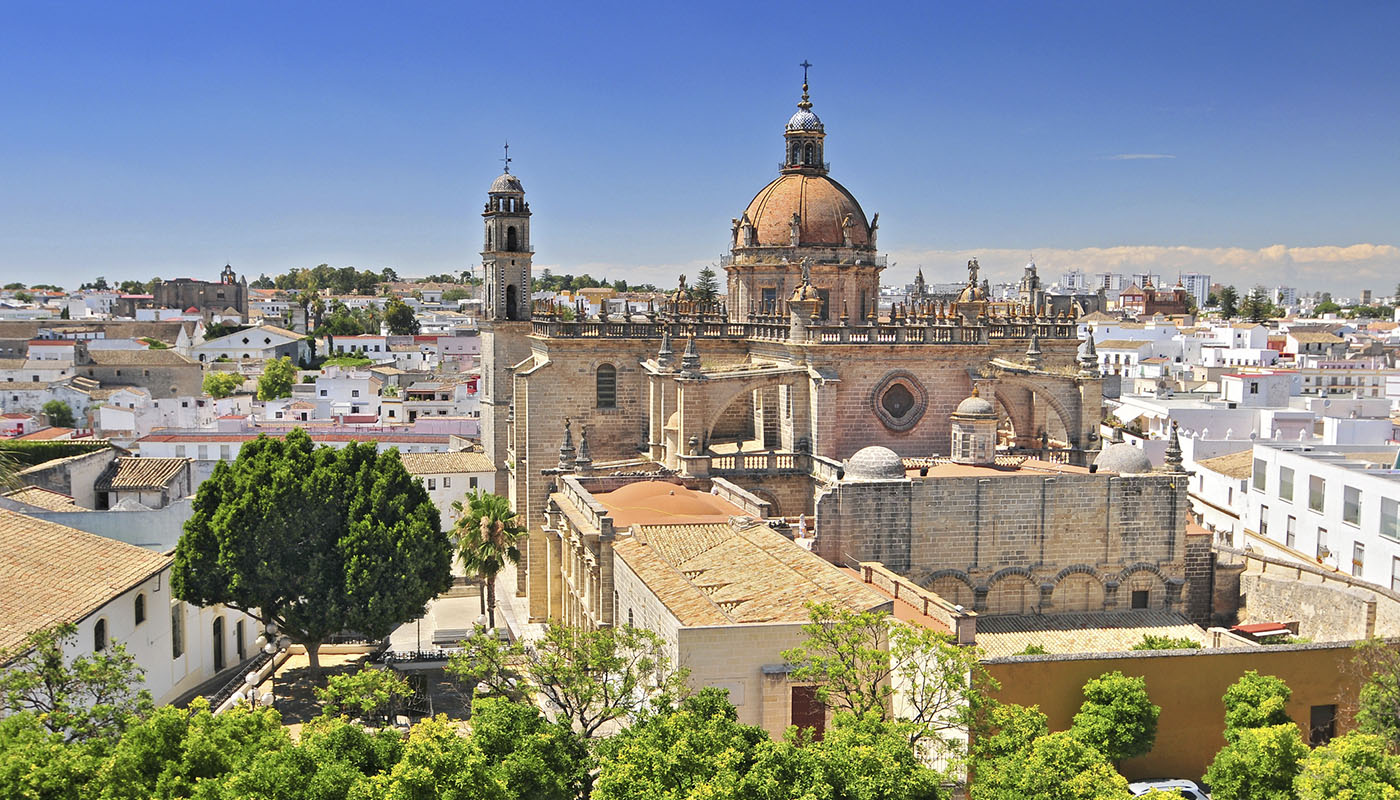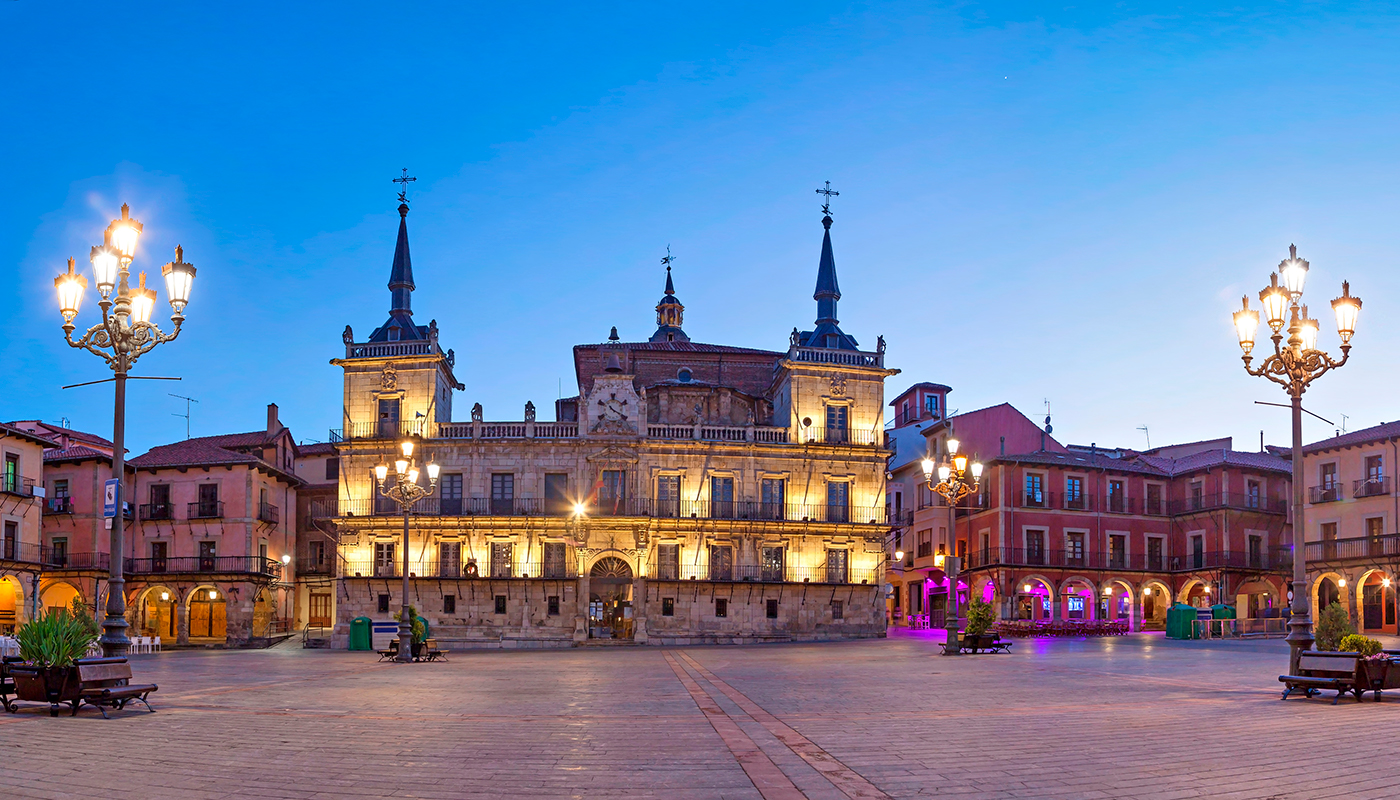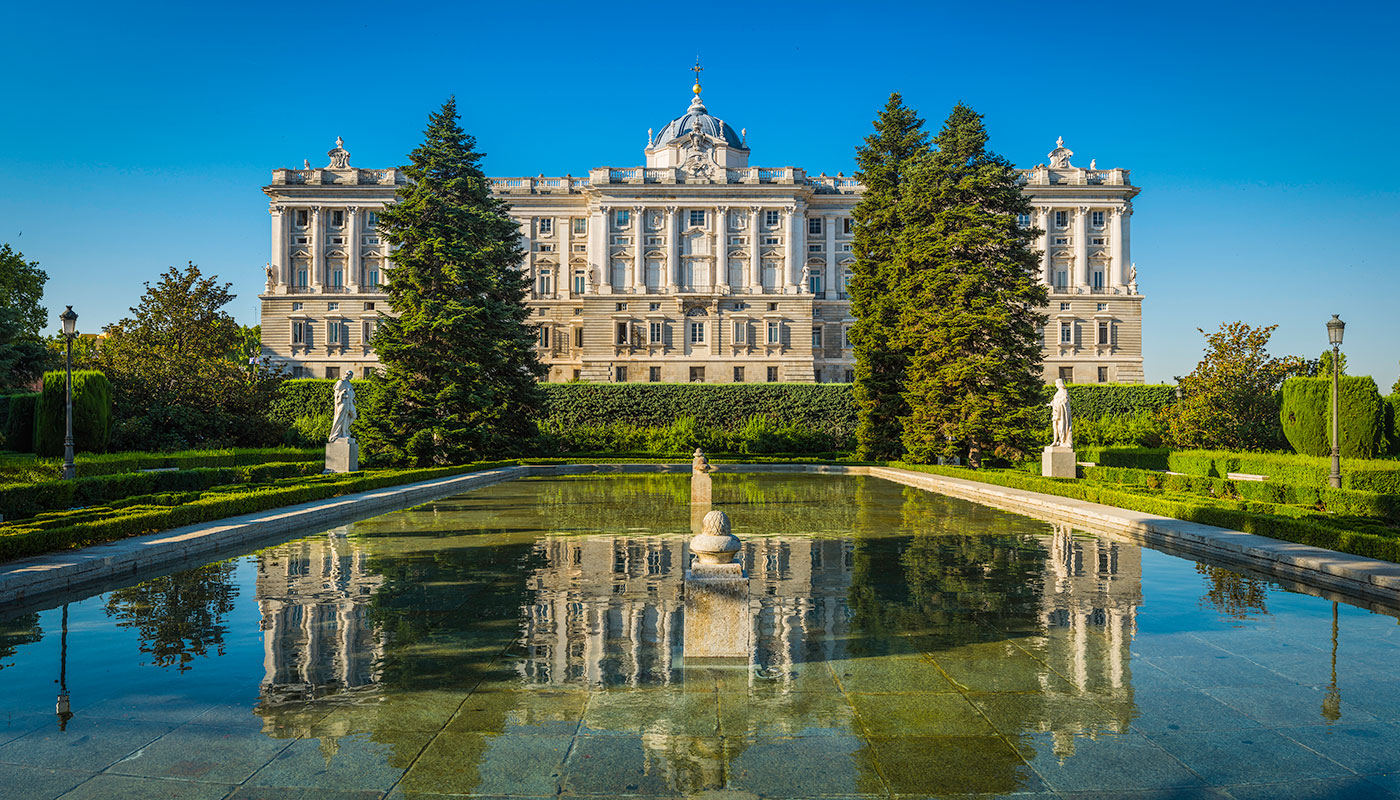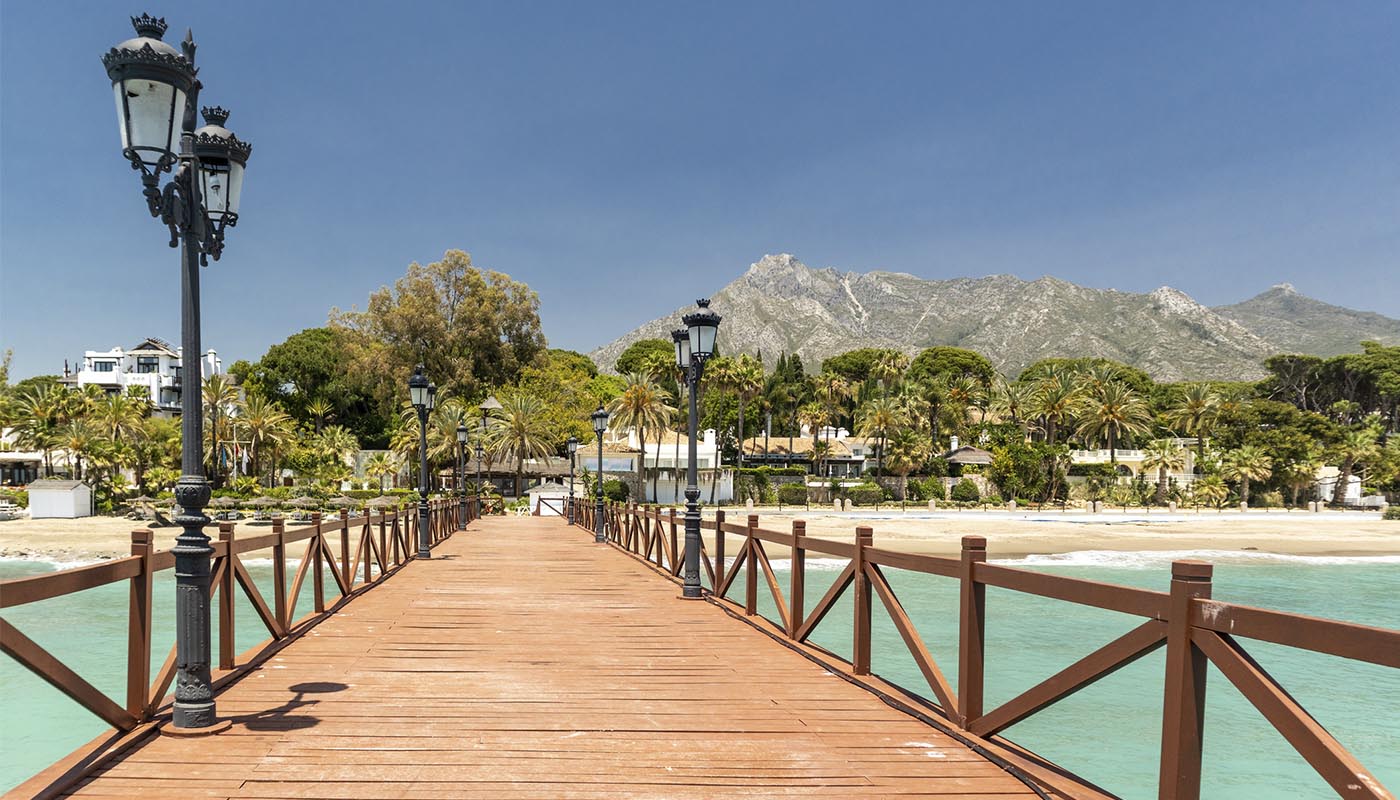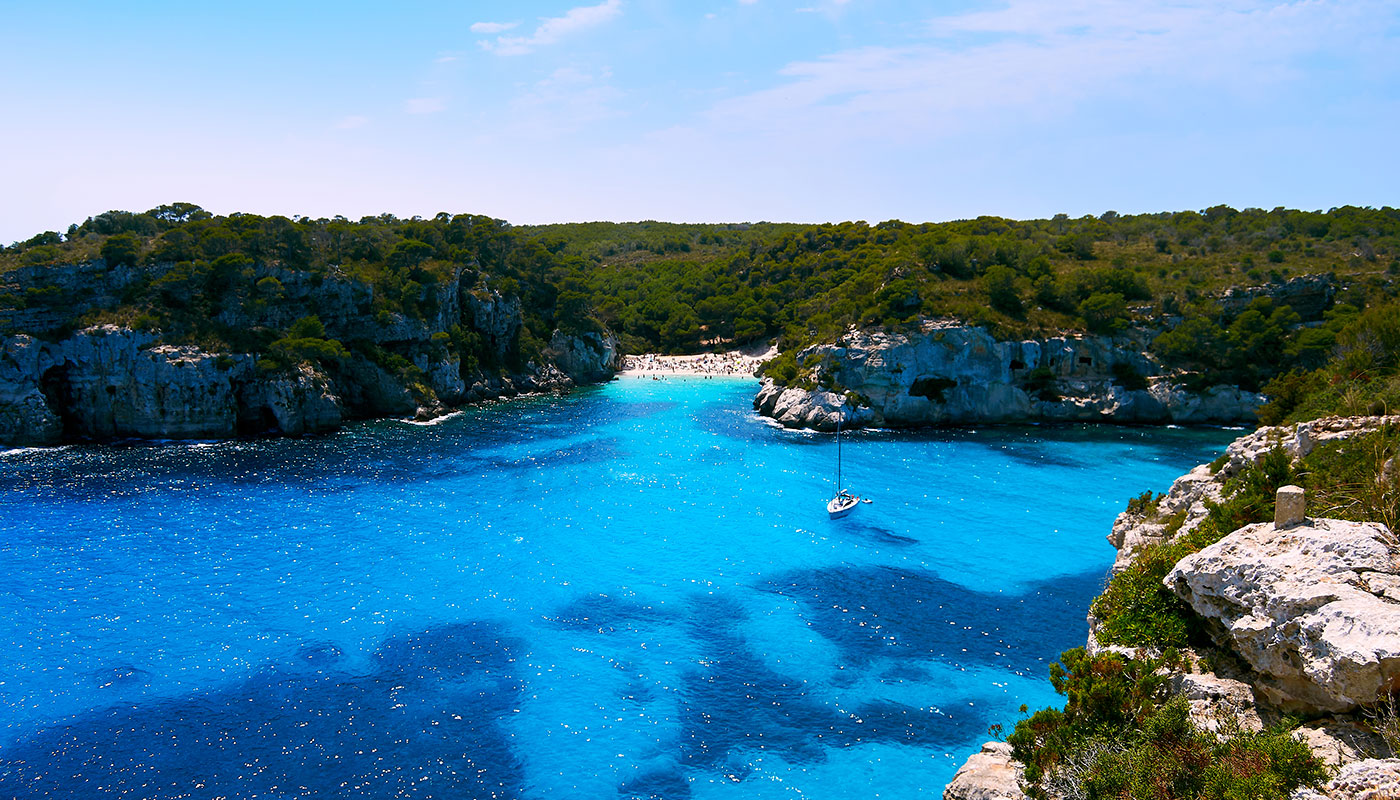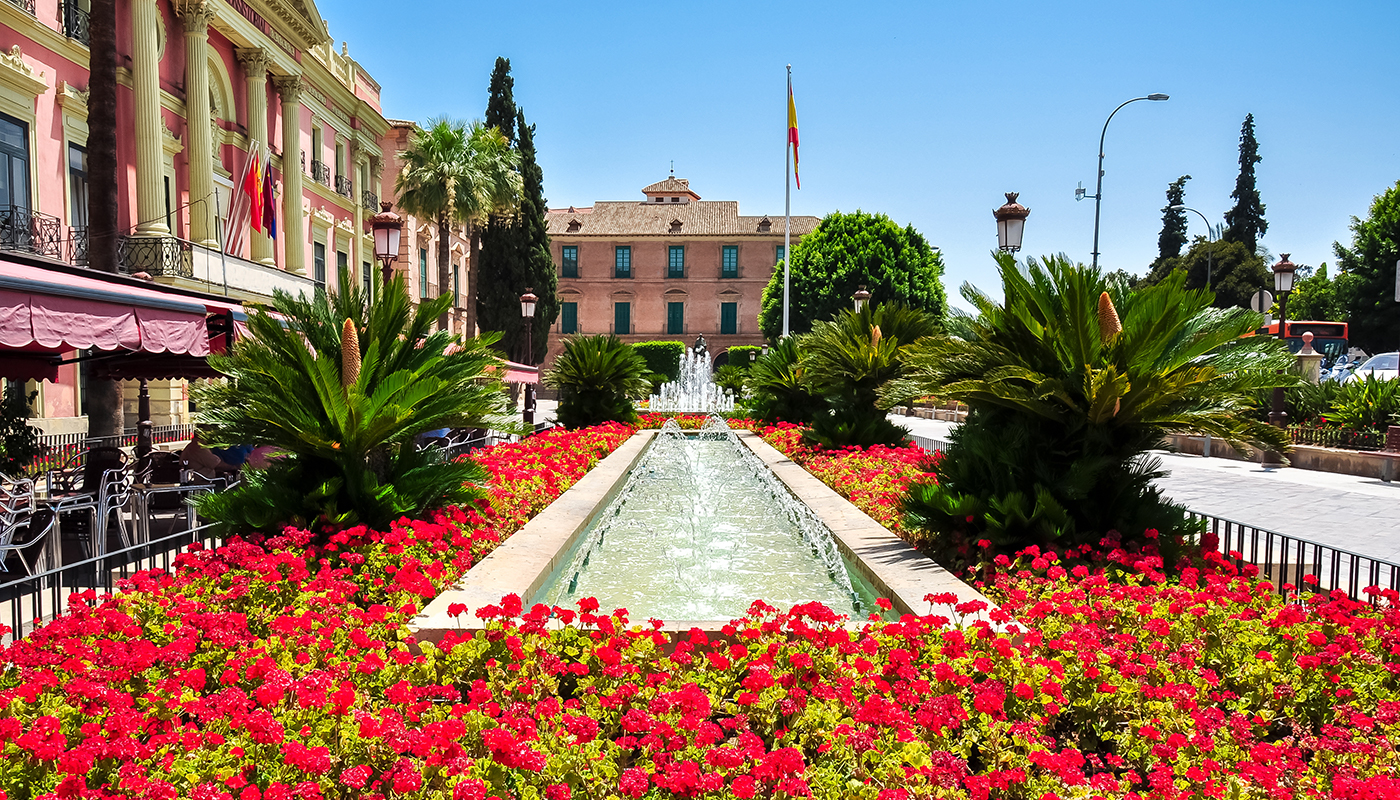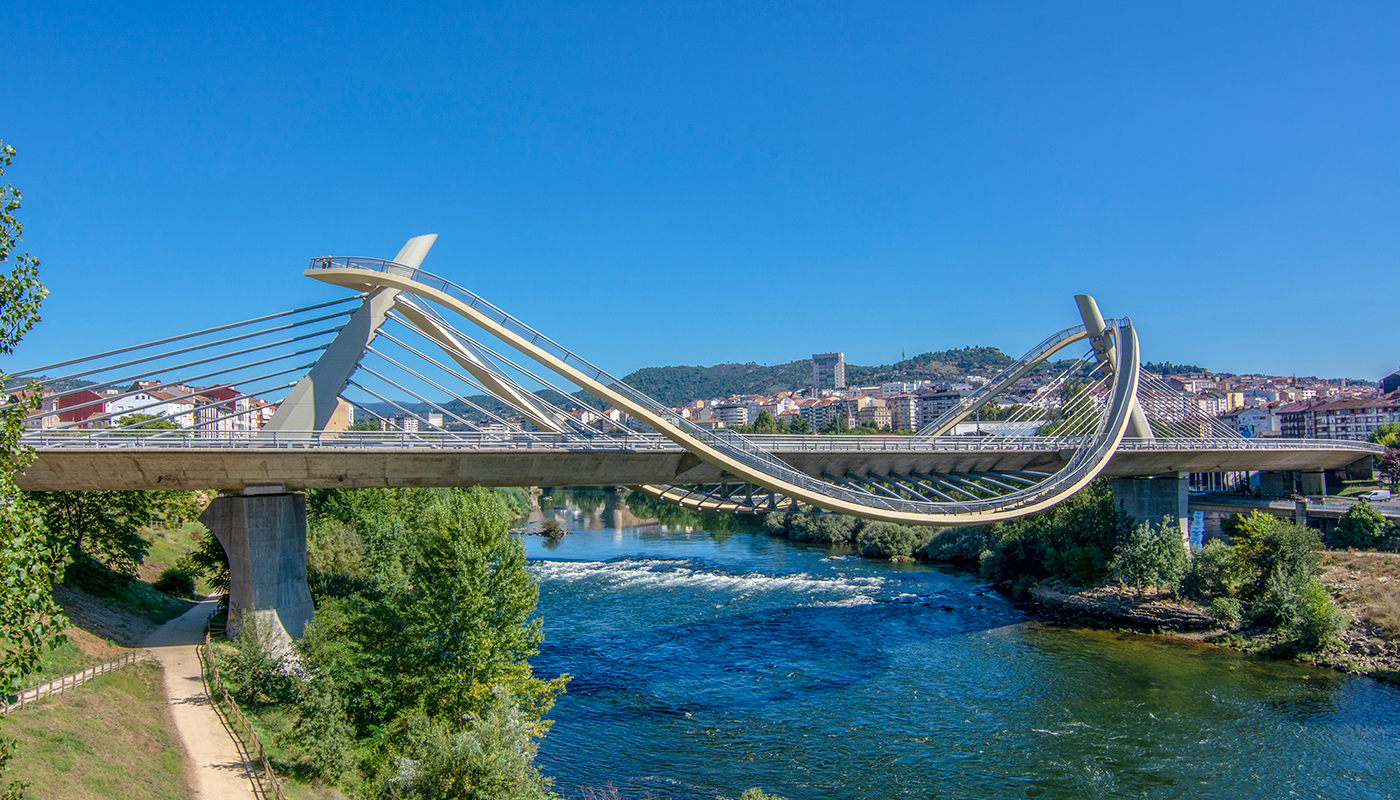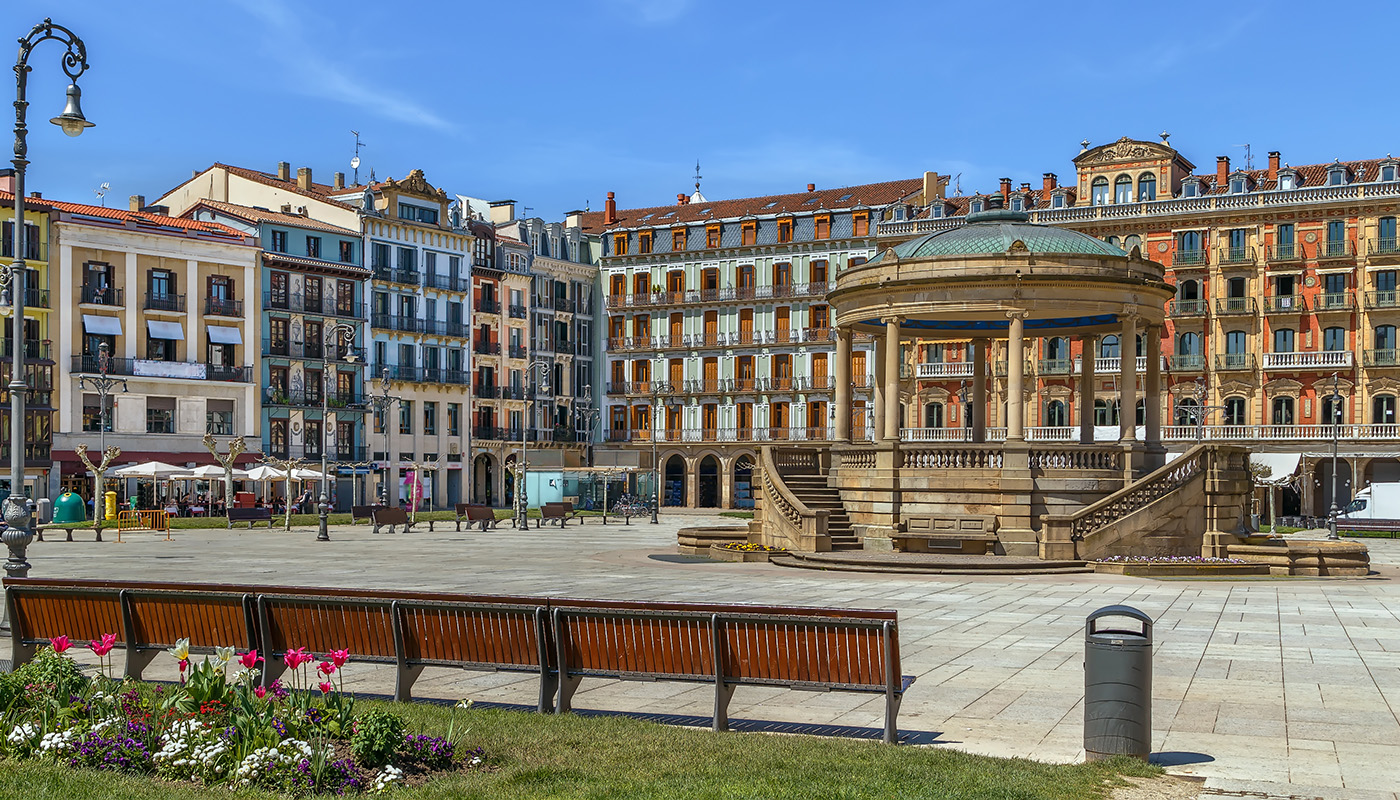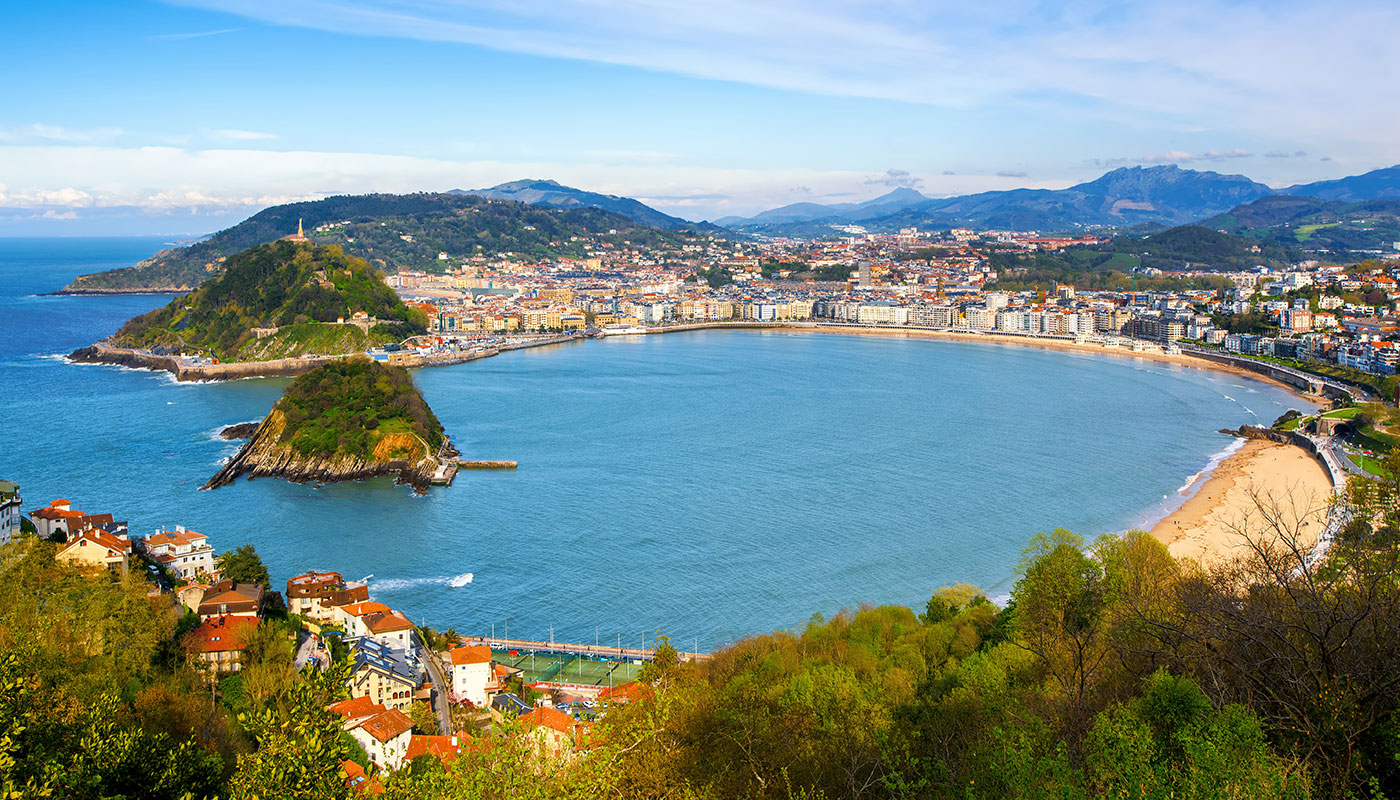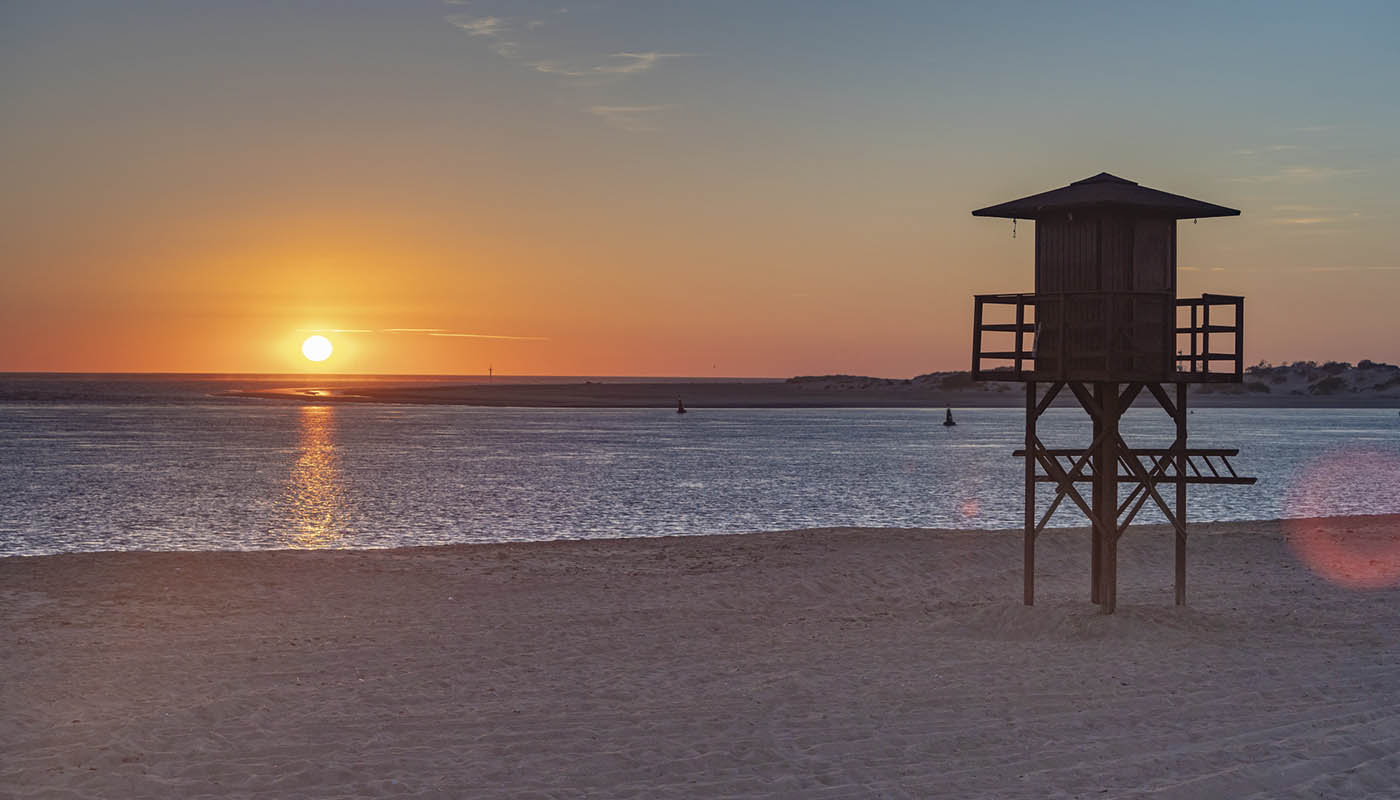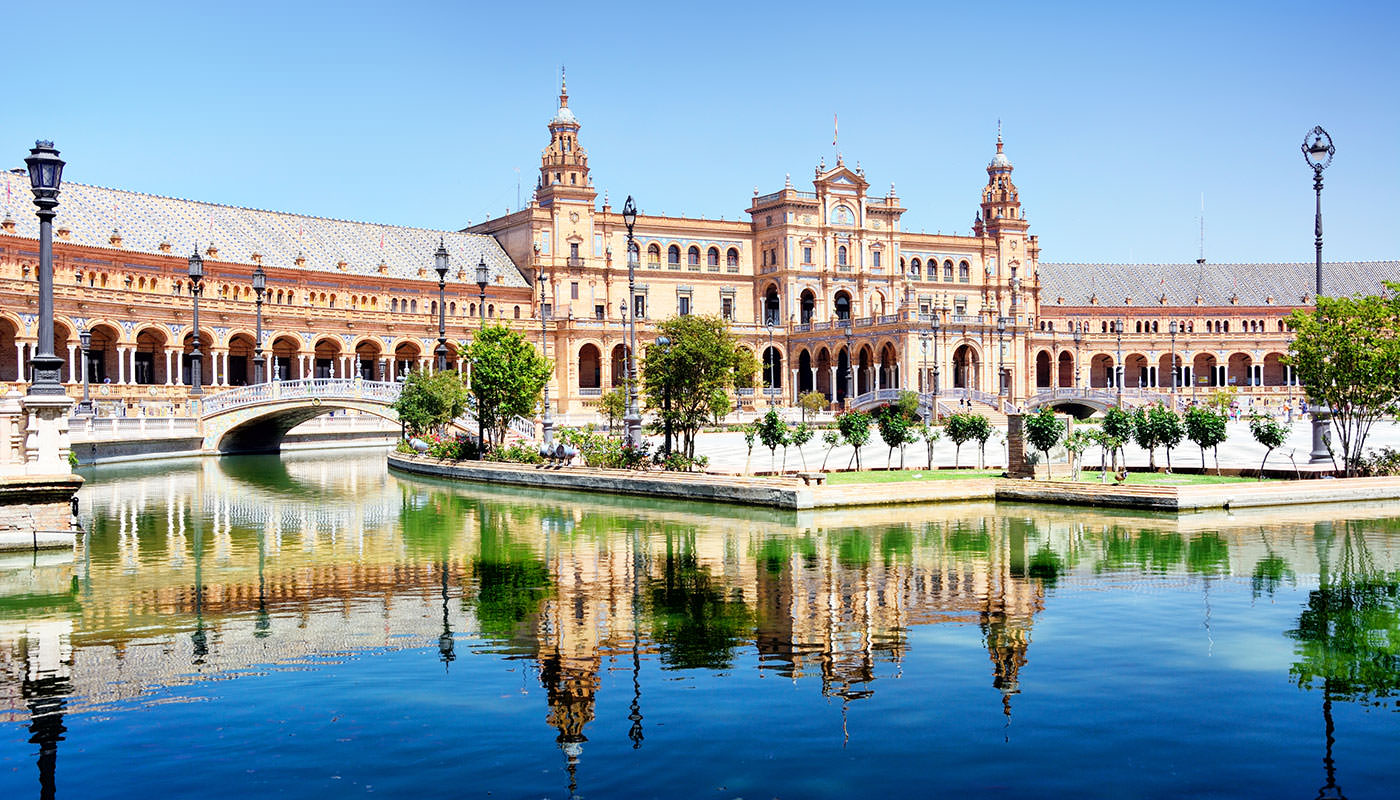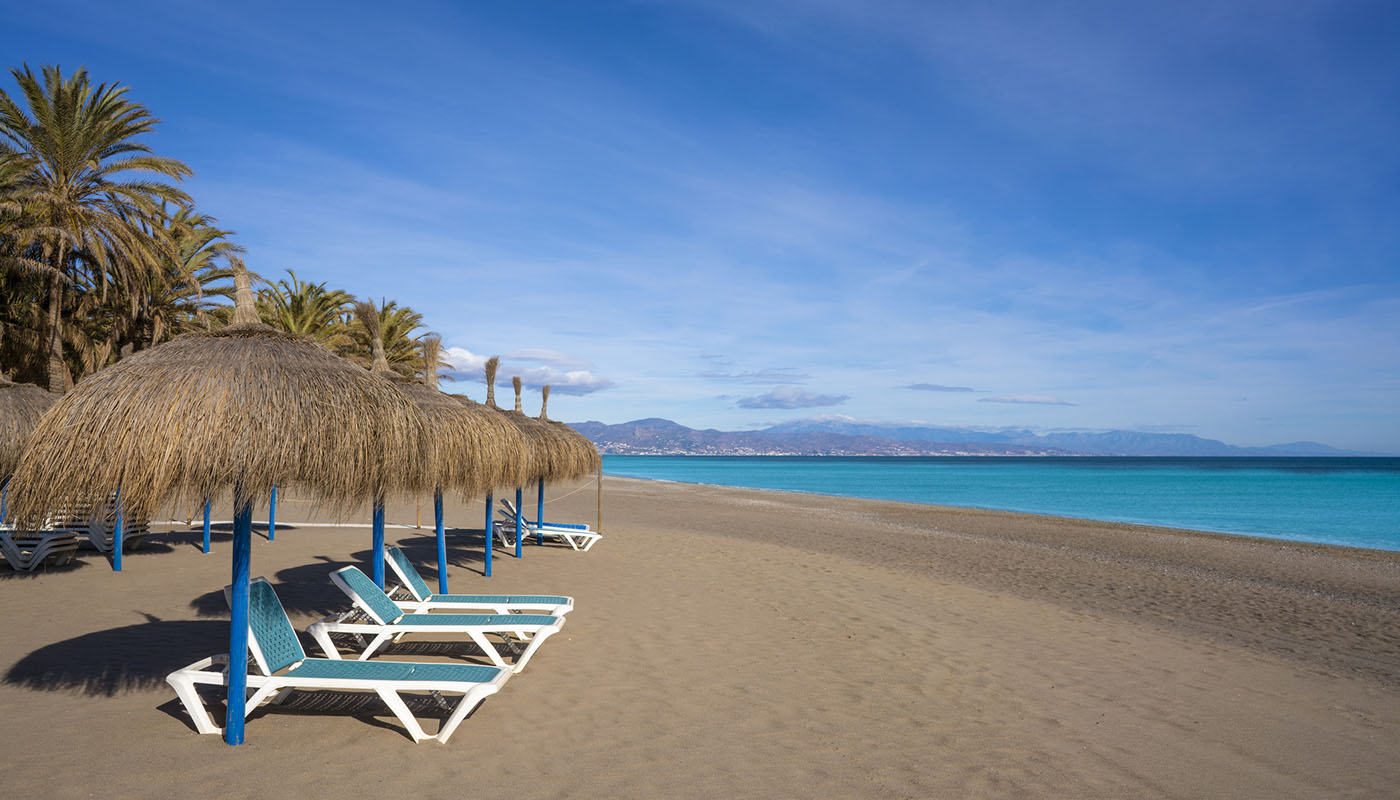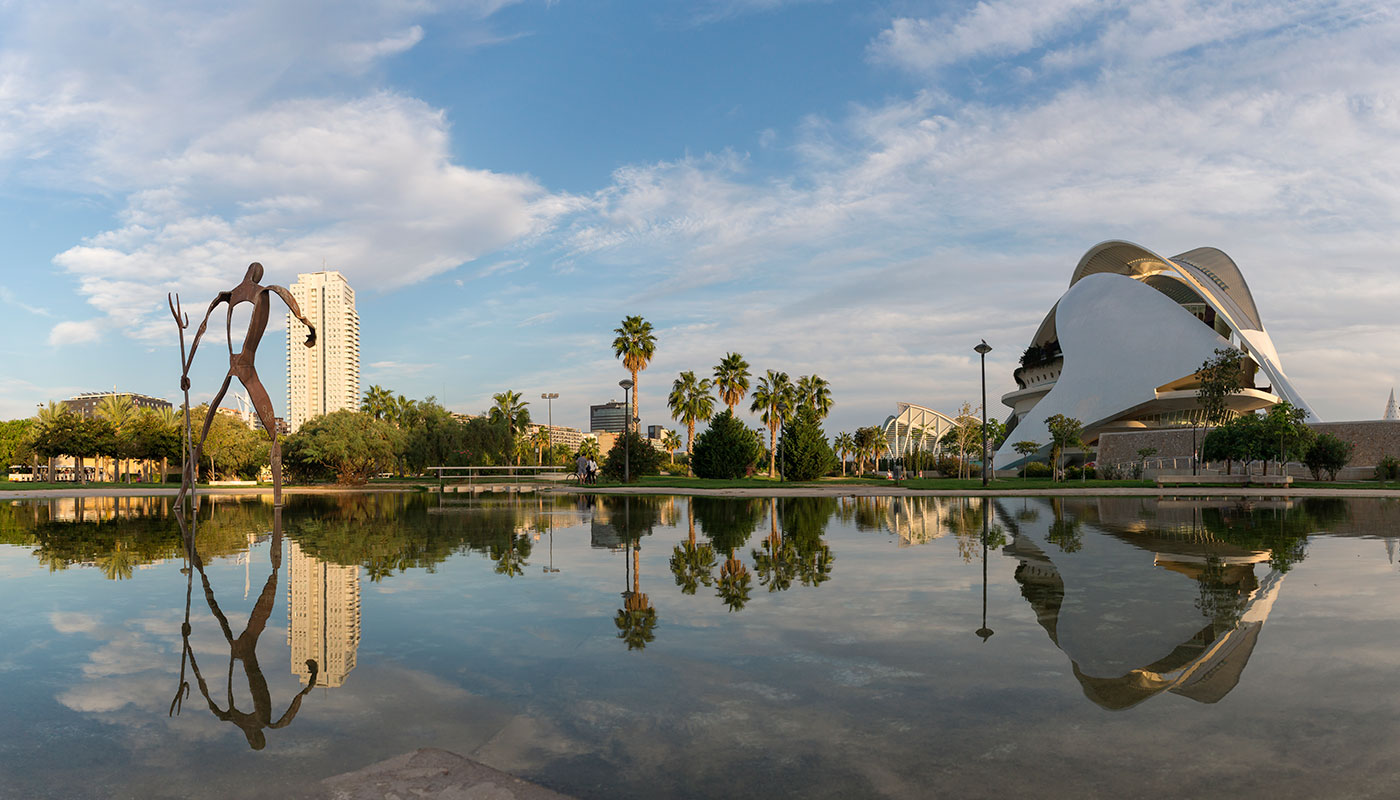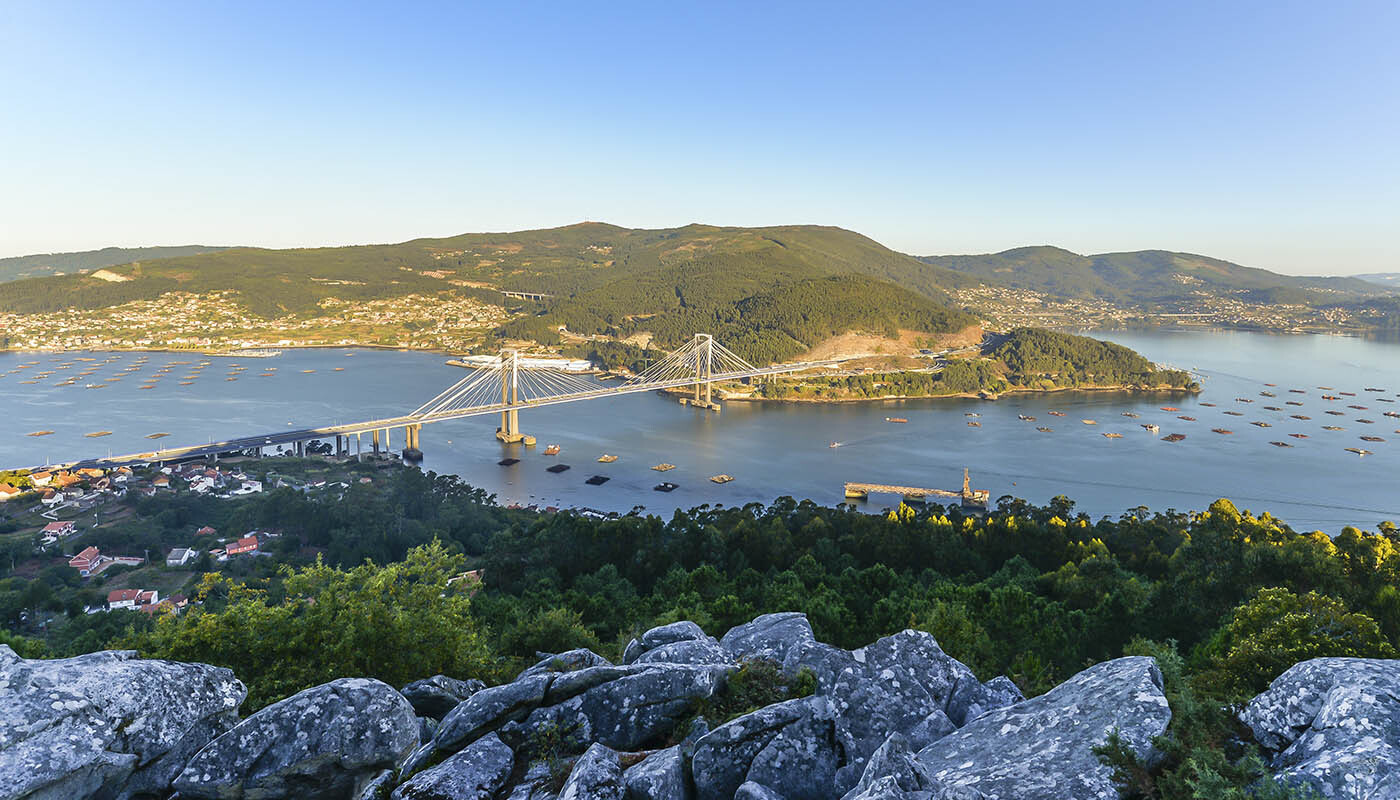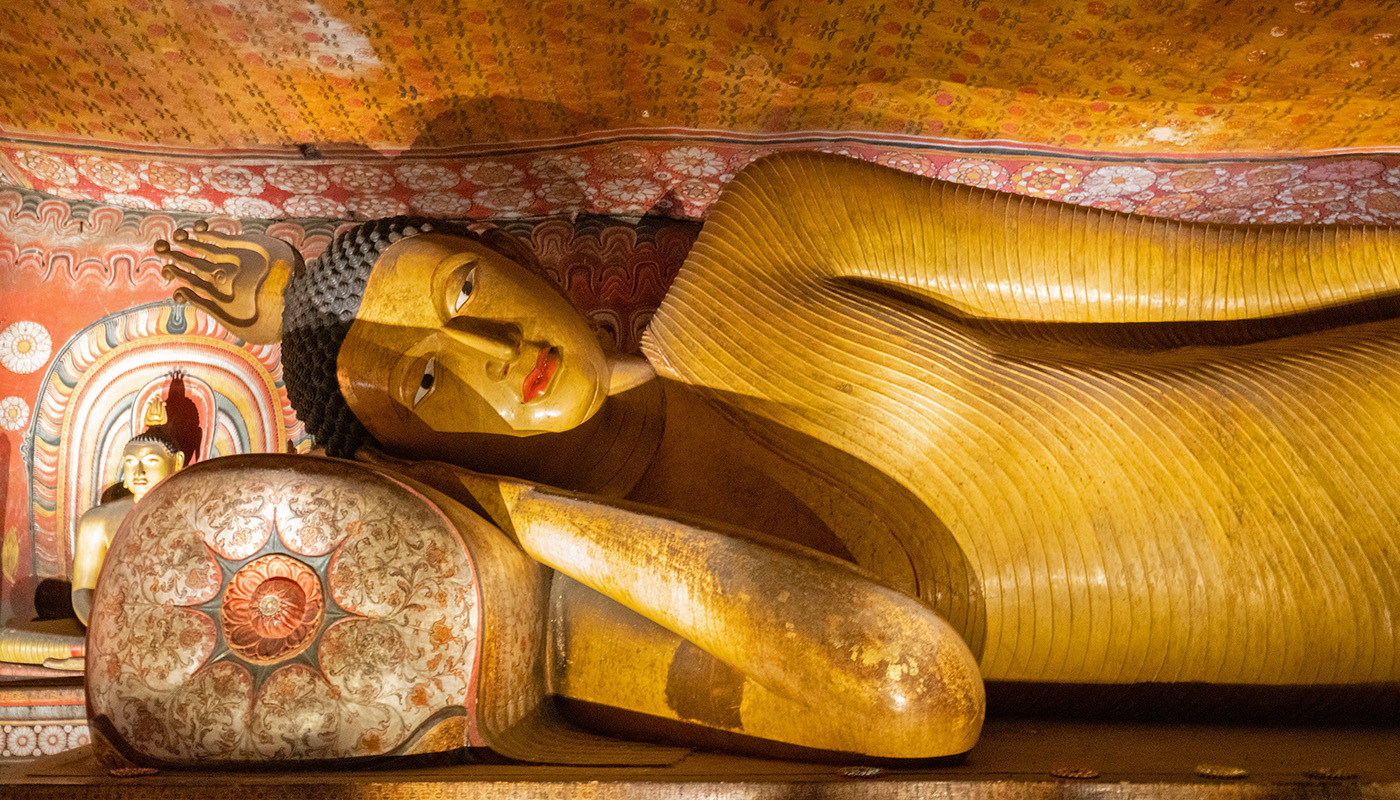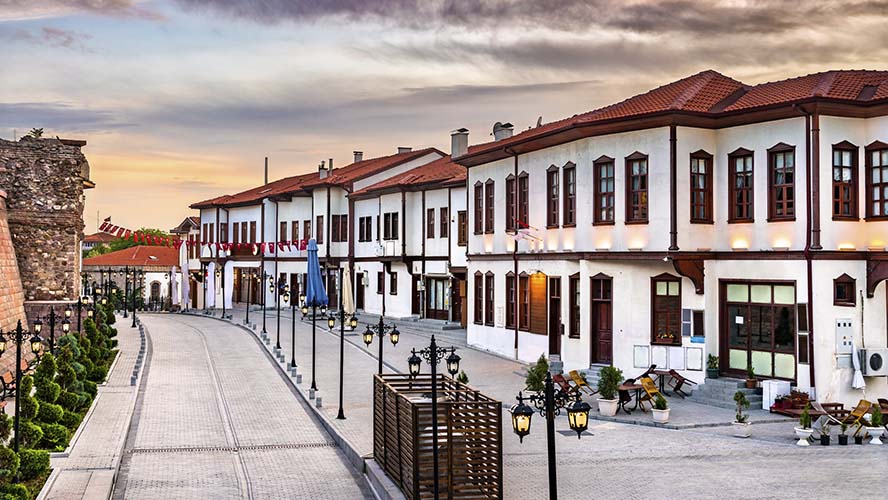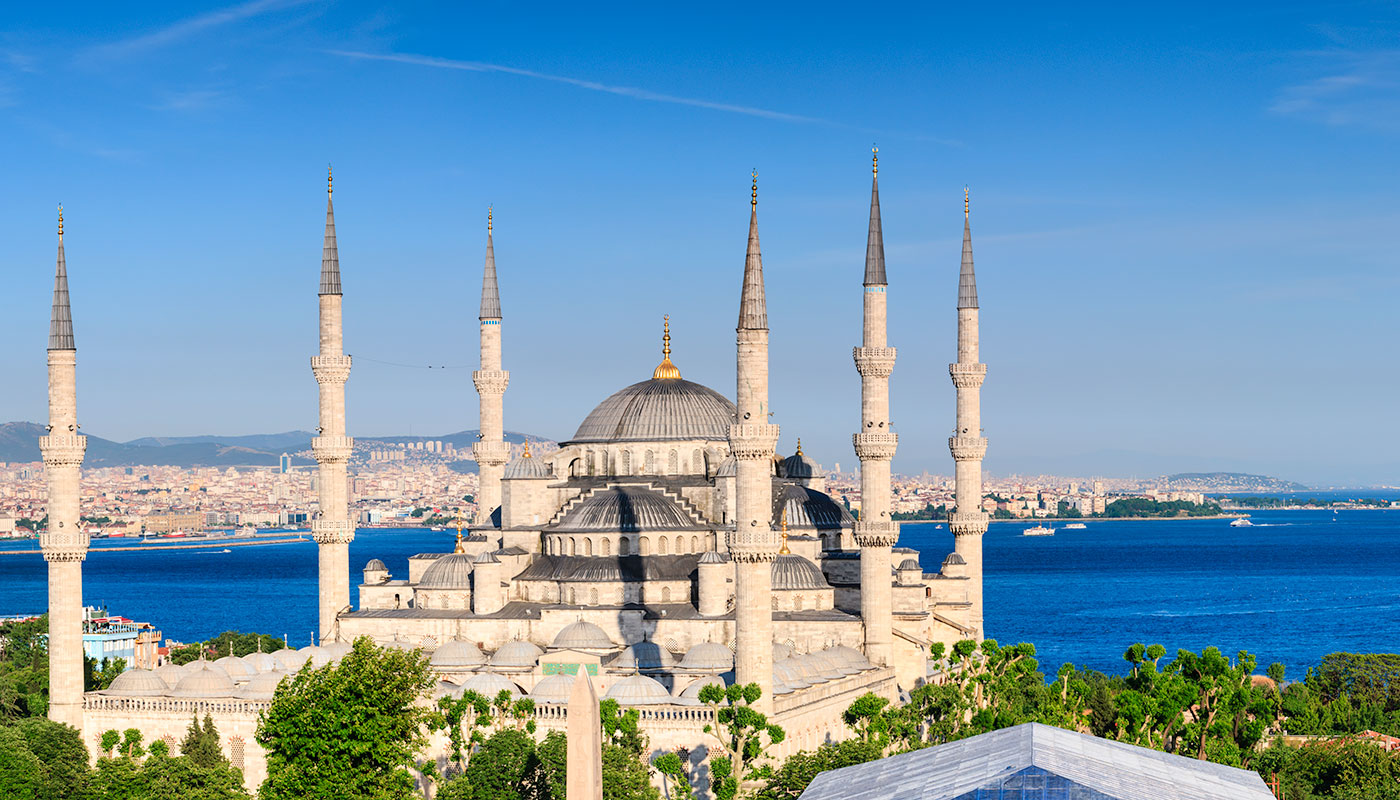What to see in Warsaw
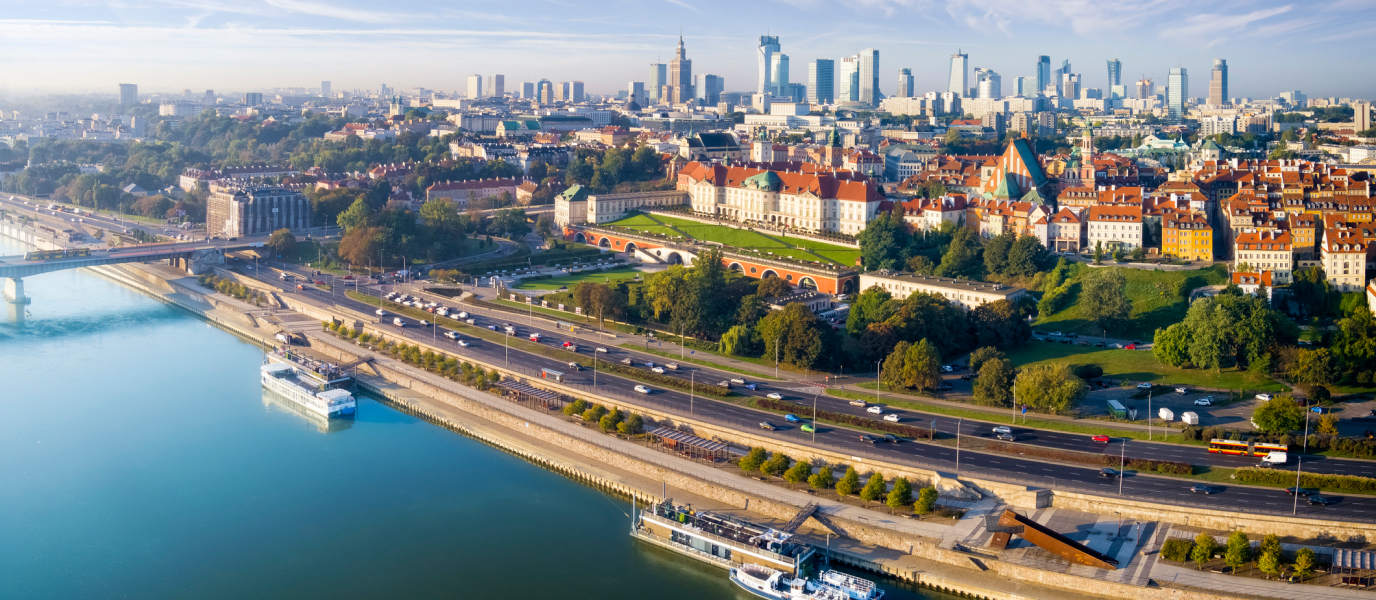
What to see in Warsaw, Poland’s modern and historic capital that was rebuilt after World War II
Warsaw in Poland appears modern to visitors because it was rebuilt after World War II, but its historic centre and most emblematic buildings were reconstructed to look exactly like the originals.
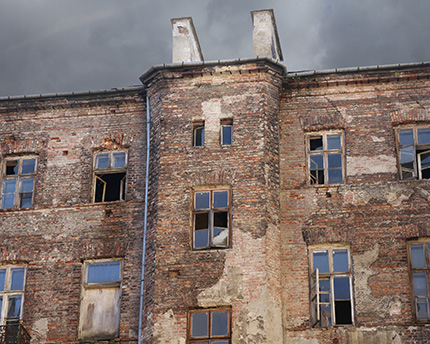
Warsaw Ghetto, the largest ghetto in Nazi-occupied Europe
Warsaw’s Jewish ghetto was destroyed by the German army at the end of World War II. Today, it’s remembered through museums, monuments, and the remains of buildings and the wall.

The Royal Castle, a symbol of Poland’s independence
This historic edifice, which dates back to the fourteenth century, was destroyed by the Nazis and later rebuilt with money donated by the public.
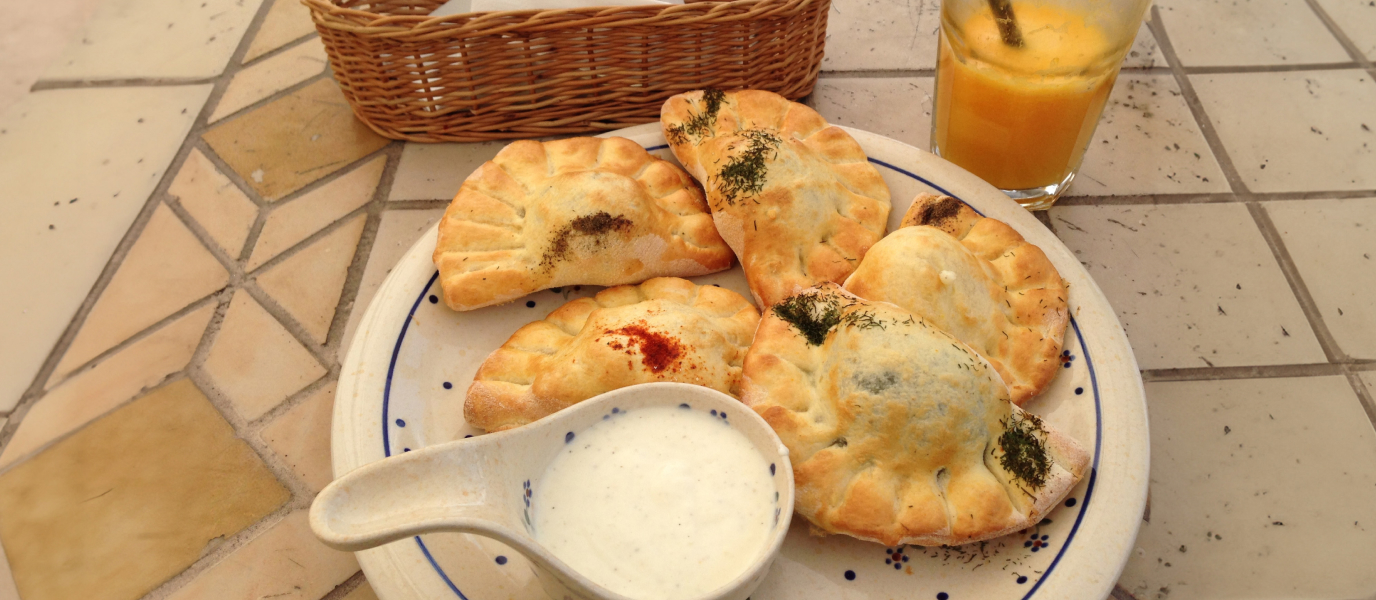
Typical Polish food: hearty, spiced, and meaty
Winters in Poland are extremely cold and these chilly temperatures have shaped a cuisine where soups, stews, and roasts feature heavily on restaurant menus and in traditional dishes.
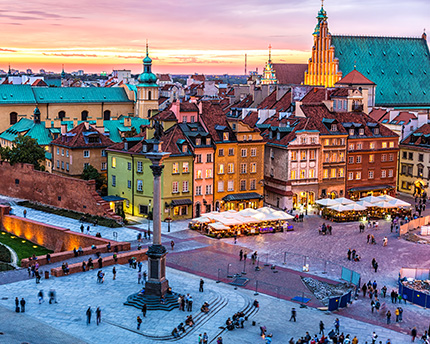
Starówka, Warsaw's charming Old Town
The heart of the Polish capital is an enchanting place and, above all, strongly marked by history. It is clearly a must.
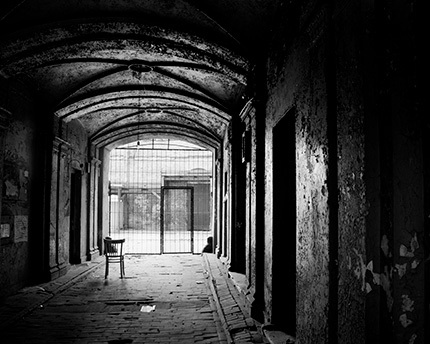
Auschwitz: a journey to Nazi hell
Auschwitz was the largest Nazi extermination camp and is a journey to the very worst of humanity, while acting as a reminder of what should never happen again.
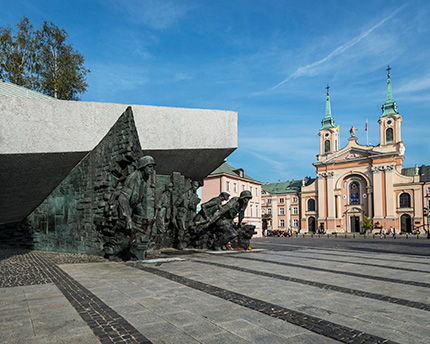
The Rising Museum, a tribute to the people of Warsaw
Housed in the former tram power plant, the museum records the heroic resistance of the city’s population against the occupying Germans in 1944.
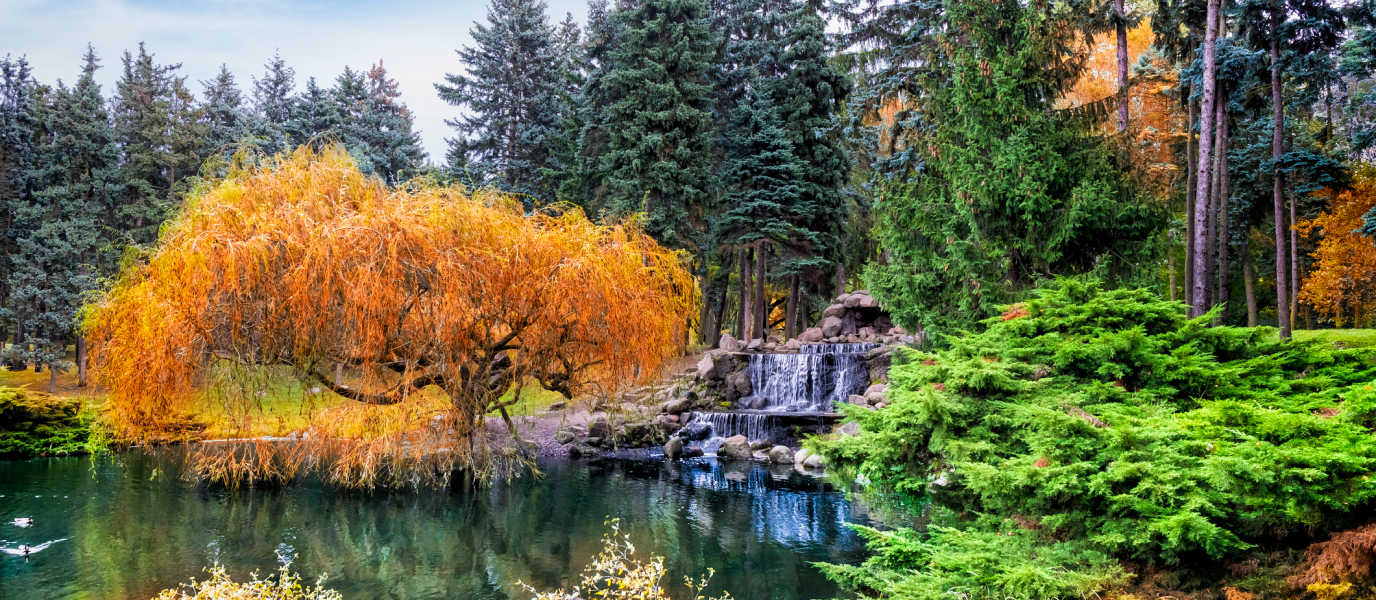
The Praga district, Warsaw's most eclectic quarter
On the right bank of the river Vistula, this old neighbourhood, neglected for decades, has become the trendiest place in the Polish capital.
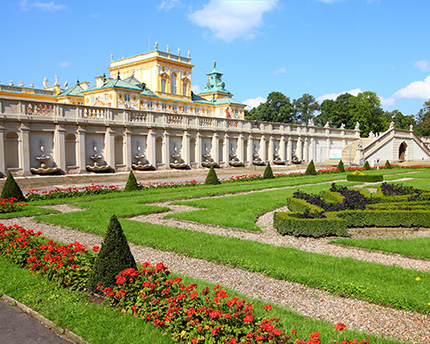
Wilanów Palace, Warsaw’s jewel of Baroque art
Neither wars, nor partitions, nor enemy occupations have been able to destroy this monumental seventeenth-century edifice, originally designed as a summer residence for the royal family
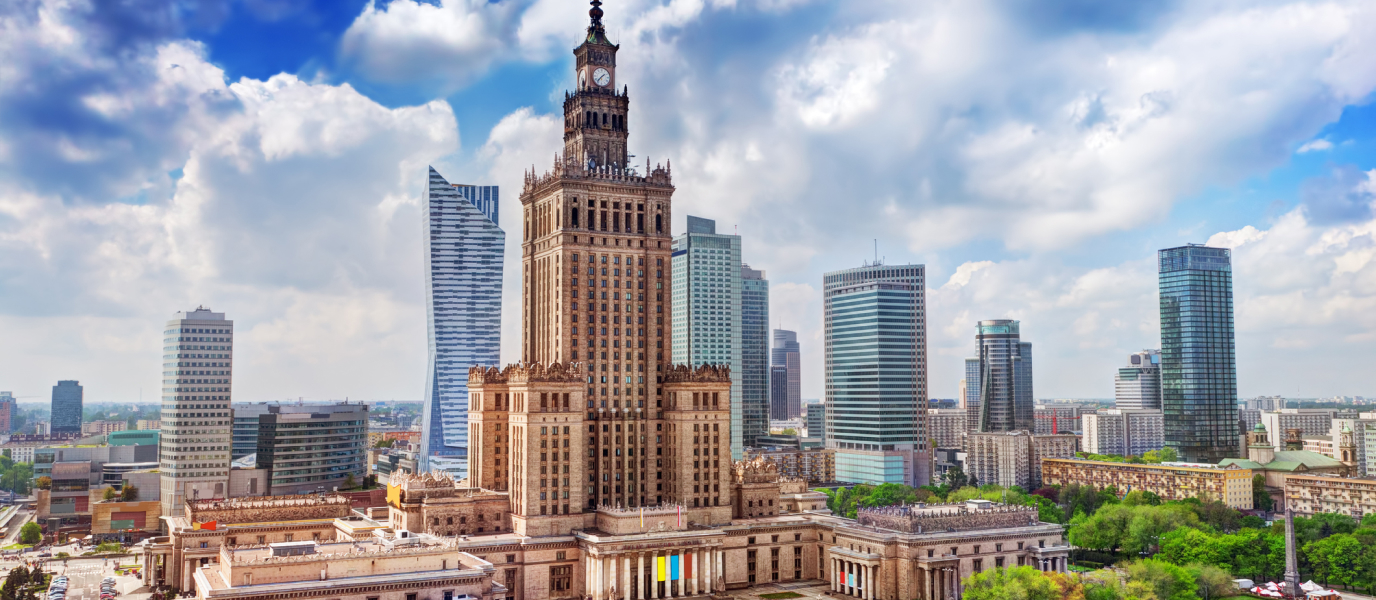
Warsaw’s tallest, and most controversial building
The Palace of Culture and Science is a Soviet-style skyscraper with offices, museums, cinemas, theatres and a public viewing point at a height of 114 metres above ground level.
Find your ideal itinerary
We help you design the best itineraries for your stay in Warsaw.
Select the area you are staying in and the duration of your trip.
What area will you be in?
How many days?

